March 31, 2019
Prelims Pointers
March 31, 2019
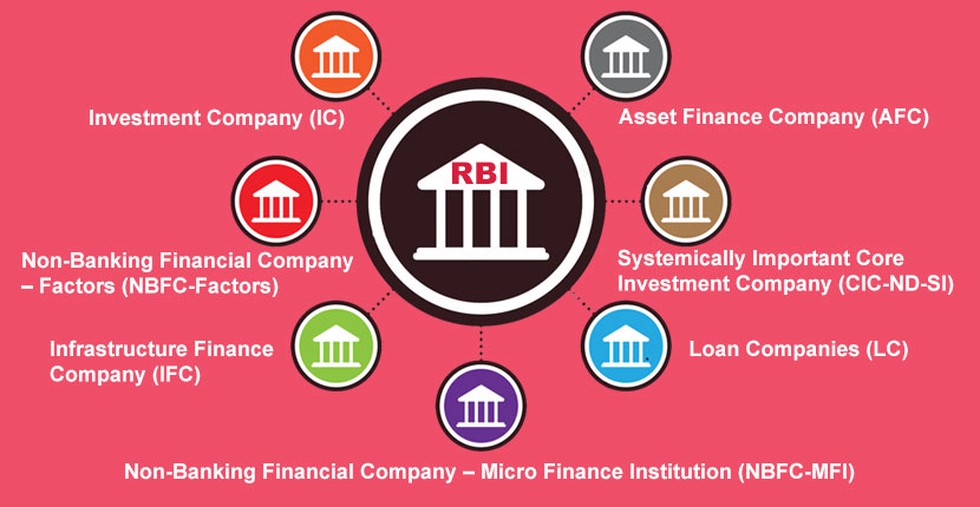
About:
- A NBFC is a company registered under the Companies Act, 1956 engaged in the business of loans and advances, acquisition of shares/stocks/bonds/debentures/securities issued by Government or local authority or other marketable securities of a like nature.
- RBI, under the RBI Act 1934 has the power to register, lay down policy, issue directions, inspect, regulate, supervise and exercise surveillance over NBFCs that meet the 50-50 criteria of principal business.
Banks vs NBFCs:
NBFCs lend and make investments and hence their activities are akin to that of banks; however, there are a few differences as given below:
- NBFC cannot accept demand deposits;
- NBFCs do not form part of the payment and settlement system and cannot issue cheques drawn on itself;
- deposit insurance facility of Deposit Insurance and Credit Guarantee Corporation is not available to depositors of NBFCs, unlike in case of banks.
Systemically important NBFCs:
- NBFCs whose asset size is of ₹ 500 cr or more as per last audited balance sheet are considered as systemically important NBFCs.
- The rationale for such classification is that the activities of such NBFCs will have a bearing on the financial stability of the overall economy.
Prelims Pointers
March 31, 2019
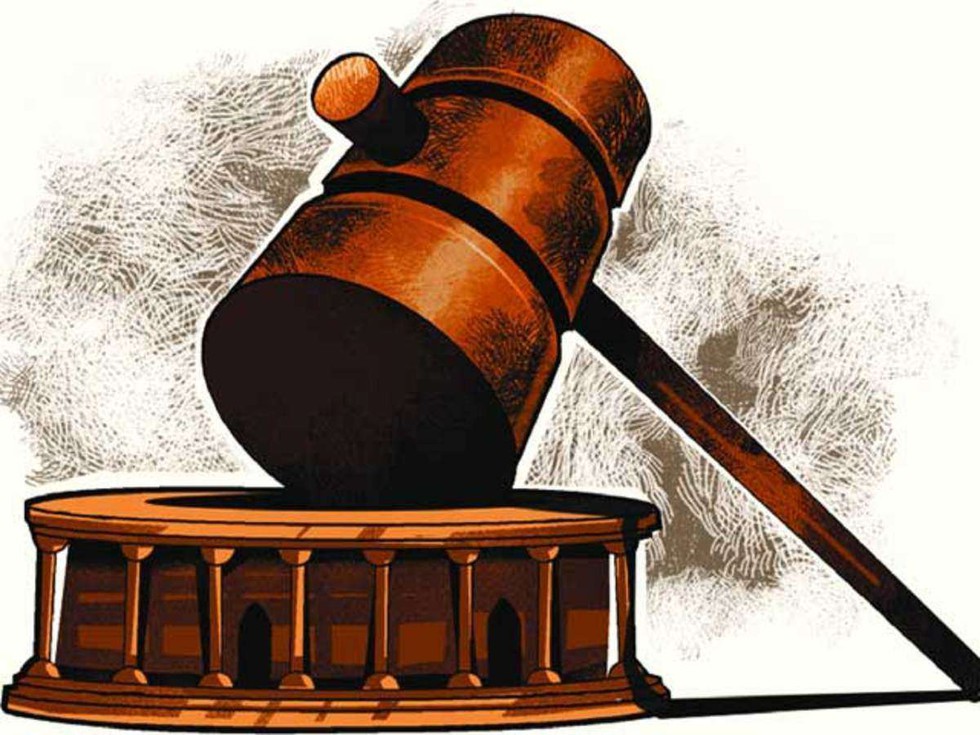
About:
- Type of Body: Securities Appellate Tribunal (SAT) is a statutory body established under the provisions of Section 15K of the Securities and Exchange Board of India Act, 1992.
- Mandate: To hear and dispose of appeals against orders passed by the
- Securities and Exchange Board of India (SEBI),
- Pension Fund Regulatory and Development Authority (PFRDA) and
- Insurance Regulatory Development Authority of India (IRDAI).
- Securities and Exchange Board of India (SEBI),
- Composition:
- SAT consists of a Presiding Officer & Two other members.
- The Presiding officer of SAT shall be appointed by the Central Government in consultation with the Chief Justice of India or his nominee.
- SAT consists of a Presiding Officer & Two other members.
- Location of Tribunal: Mumbai.
Prelims Pointers
March 31, 2019
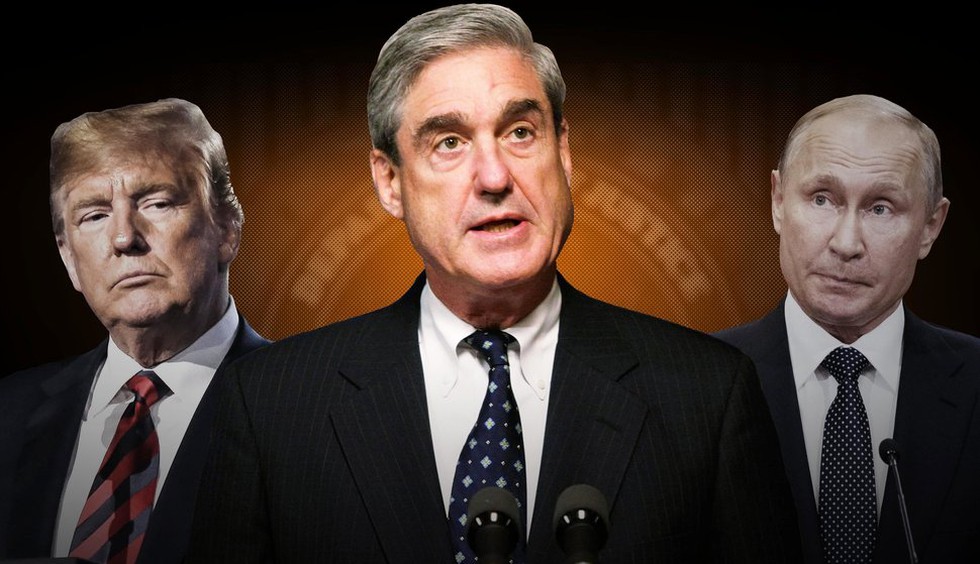
About:
- While the full report is yet to be released to lawmakers or the public, Attorney-General William Barr released a summary of the report to Congress on March 24 summarizing the special counsel's findings regarding Russian interference and obstruction of justice.
- Russia's efforts to influence the 2016 U.S. presidential election:
- The special counsel "did not find that the Trump campaign or anyone associated with it conspired or coordinated with Russia in its effort to influence the 2016 U.S. presidential election."
- There were two main Russian efforts to influence the 2016 election: "disinformation and social media operations" and "computer hacking designed to gather and disseminate information to influence the election."
- The report also pointed out that many Russians were indicted for their activities.
- The special counsel "did not find that the Trump campaign or anyone associated with it conspired or coordinated with Russia in its effort to influence the 2016 U.S. presidential election."
- Whether Trump obstructed justice: Mueller laid out evidence for and against the obstruction of justice charge but reached no conclusion. While the report does not conclude that the President committed a crime, it also does not exonerate him."
- Way ahead: The President has claimed moral victory. However, The Democrats have indicated that they will not give up the issue. So while Mr. Trump will try to use the report for his political benefits, other legal troubles could be awaiting him.
Prelims Pointers
March 31, 2019
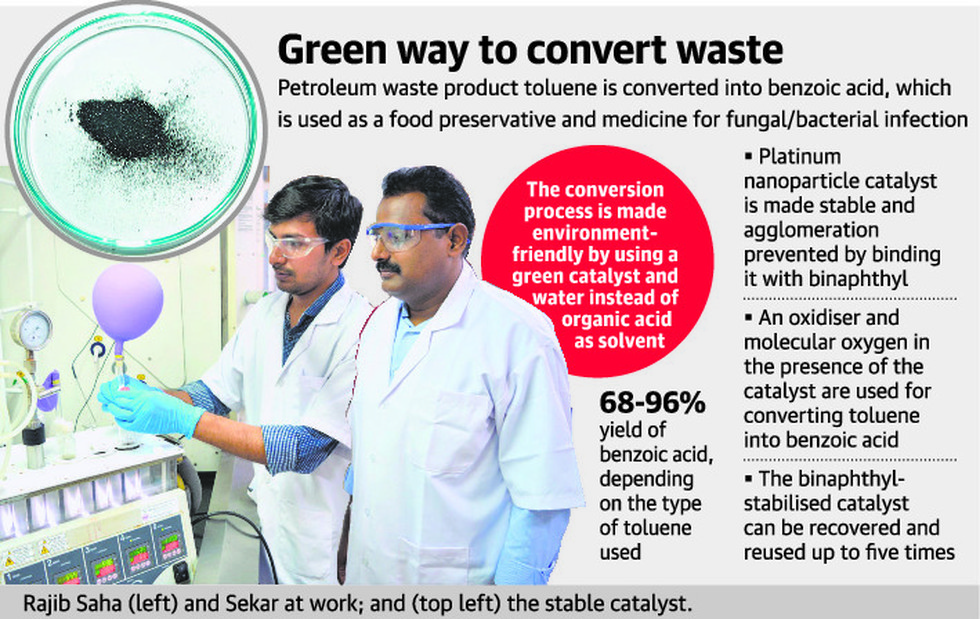
About:
- Benzoic acid (or C6H5COOH), is a colourless crystalline solid and a simple aromatic carboxylic acid. Benzoic acid is used as a food preservative and medicine for fungal/bacterial infection.
- Toluene is converted into benzoic acid through selective and controlled oxidation in the presence of a catalyst — binaphthyl-stabilised platinum nanoparticles (Pt-BNP).
- Generally, organic reactions are carried out using organic solvents, which makes it expensive and also generates toxic waste. So in a departure from current practice, the team has used water as solvent to make it environment-friendly.
- Also, a green oxidant (70% aqueous tert-butyl hydroperoxide or TBHP) is used for converting toluene into benzoic acid.
Prelims Pointers
March 31, 2019
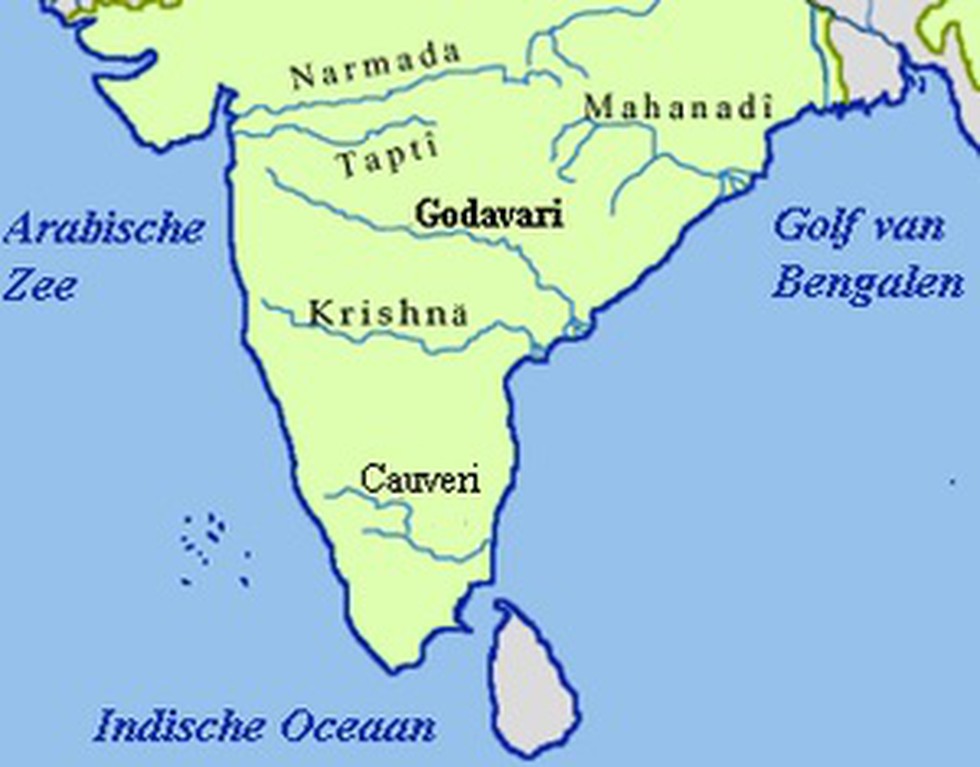
About:
- The objective of the project, expected to cost upto Rs 60,000 crore, was to make good use of about 1100 tmc ft of Godavari water that currently drained into the sea. Tamil Nadu and Karnataka are locked in a dispute over sharing of the Cauvery river water for decades.
- Thus it has been proposed by the government of India that Godavari water would thus be taken to the tail end of Tamil Nadu.
- The detailed project report for linking rivers Godavari-Krishna-Pennar-Cauvery is ready which will be soon presented to the Cabinet for approval.
- The National Perspective Plan (NPP) was prepared by the Ministry of Water Resources in 1980 for water resources development through inter basin transfer of water, for transferring water from water surplus basins to water-deficit basins.
- Under the NPP, the National Water Development Agency (NWDA) has identified 30 links (16 under Peninsular Component & 14 under Himalayan Component) for preparation of Feasibility Reports (FRs).
- The Pre-Feasibility Report (PFR) of the all 30 links have been prepared and circulated to the concerned State Governments.
- Under NPP four priority links have been identified for preparation of Detailed Project Reports (DPR) under the Peninsular Rivers Component viz; Ken-Betwa link project (KBLP) Phase –I & II, Damanganga-Pinjal link project, Par-Tapi-Narmada link project and Mahanadi-Godavari link project.
- Ken-Betwa link project has been declared as National Project by the Government of India.
Prelims Pointers
March 31, 2019

About:
- Turmeric (Curcuma longa) is, a perennial herbaceous plant of the ginger family. The plant’s underground stems or rhizomes have been used as spice, dye, medicine and religious maker since antiquity.
- The spice’s colour comes mainly from curcumin, a bright yellow phenolic compound that has been in the news for its ostensible potential to fight cancer. As a result, the demand for turmeric with high curcumin content has risen.
- India is the world’s largest producer of Turmeric. Tamil Nadu is the third largest grower of turmeric in the country (behind Telangana and Maharashtra), with 132.4 tonnes produced in 2015-16.
- The Erode GI tag may be applied to any turmeric that’s grown in the entire Erode district of Tamil Nadu, as well as to the crop grown in Annur and Thondamuthur taluks of Coimbatore district and Kangeyam taluk of Tirupur district.
Prelims Pointers
March 31, 2019
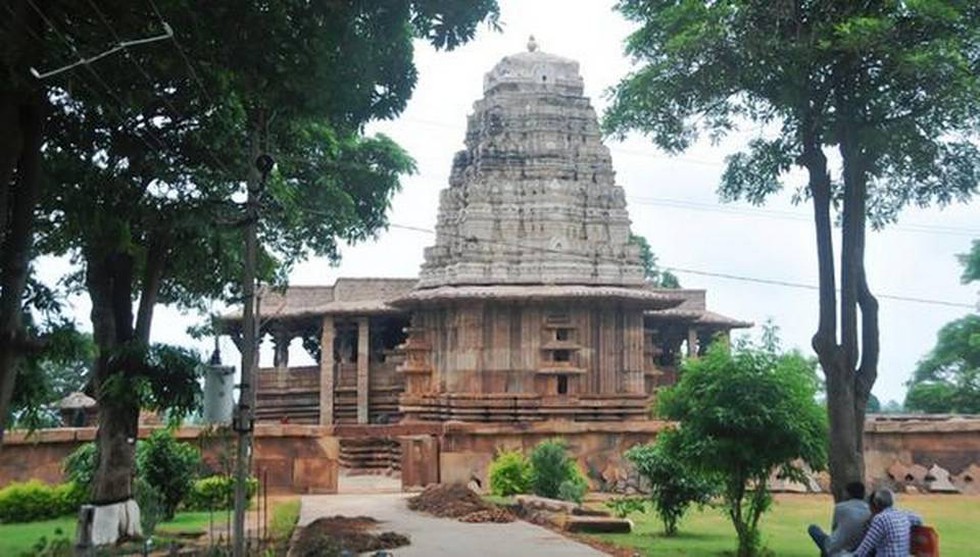
About:
- Names: Ramappa Temple is also known as the Ramalingeswara temple. The temple is named after the sculptor Ramappa, who built it, and is perhaps the only temple in India to be named after a craftsman who built it, rather than the king who commissioned it or its presiding deity.
- Location: It lies in a valley at Palampet village, near Warangal, Telangana.
- History: An inscription in the temple dates it to the year 1213 AD, during the period of the Kakatiya Dynasty rule.
- Features:
- The temple is a Shivalaya, where Lord Ramalingeswara is worshipped.
- It stands on a 6 ft high star-shaped platform.
- The main structure is in a reddish sandstone.
- The temple columns are made of black basalt and are carved as mythical animals or female dancers or musicians, and are the masterpieces of Kakatiya art, notable for their delicate carving, sensuous postures and elongated bodies and heads.
- The temple is a Shivalaya, where Lord Ramalingeswara is worshipped.
Prelims Pointers
March 31, 2019
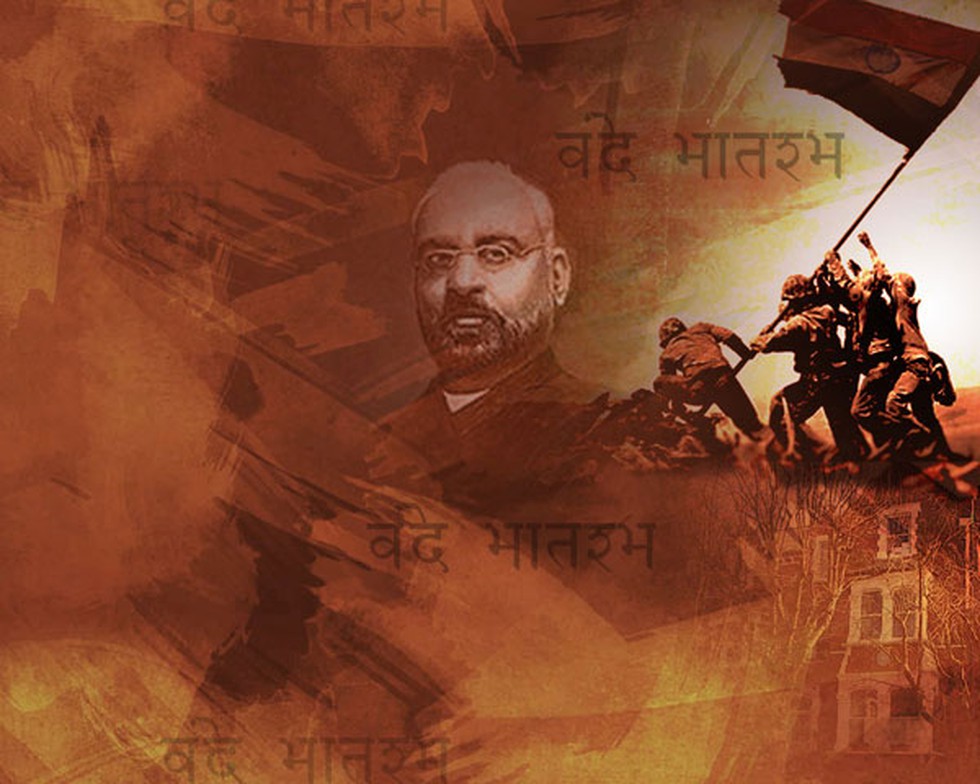
About:
- Shyamji Krishna Varma (1857 – 1930) was an Indian freedom fighter, lawyer and journalist.
- Indian Home Rule Society (IHRS): It was an Indian organisation founded in London in 1905 that sought to promote the cause of self-rule in British India. The organisation was founded by Shyamji Krishna Varma, with support from Bhikaji Cama, Dadabhai Naoroji and S.R. Rana.
- India House: He founded India House in London. It was a student residence that existed between 1905 and 1910 which was opened to promote nationalist views among Indian students in Britain.
- Indian Sociologist: He founded Indian Sociologist in London. The monthly Indian Sociologist became an outlet for nationalist ideas.
Prelims Pointers
March 31, 2019
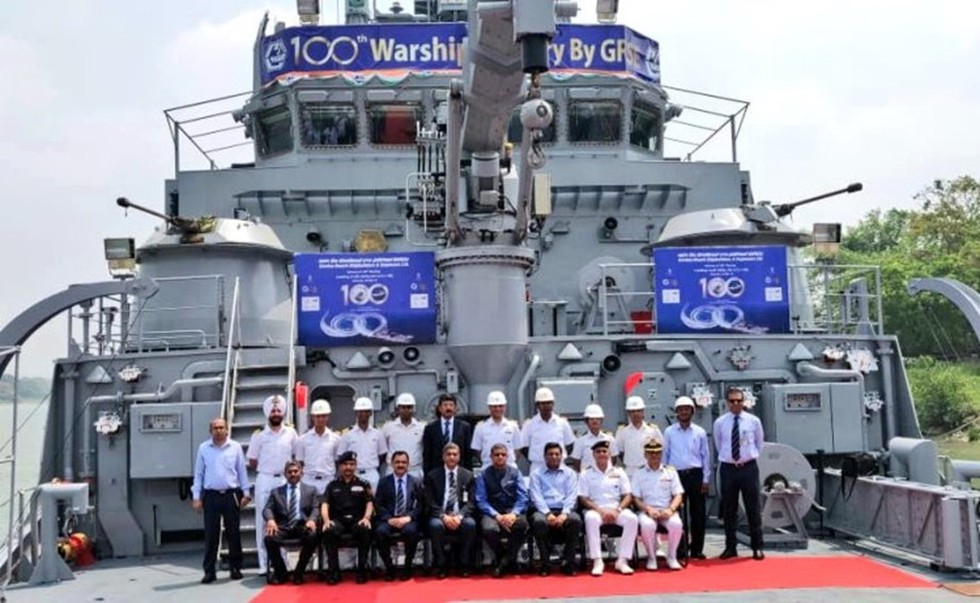
IN LCU L-56:
- GRSE Chairman and Managing Director, Rear Admiral (Retd) V K Saxena, formally handed over the 100th warship -- 'IN LCU L-56' -- to the Indian Navy.
- The 100th warship, a Landing Craft Utility (LCU), is the sixth of an order of eight such vessels from the Navy.
Garden Reach Shipbuilders & Engineers Ltd (GRSE)?
- Garden Reach Shipbuilders & Engineers Ltd (GRSE), is one of India's leading shipyards. It builds and repairs commercial and naval vessels.
- Location: It is located in Kolkata, West Bengal on the eastern bank of the Hooghly River.
- Establishment: It was Founded in 1884 as a small privately owned company. The company was nationalised by the Government of India in 1960.
- Status: It is a government of India Undertaking under Ministry of Defence. It was awarded the Miniratna status, with accompanying financial and operational autonomy in 2006.
- Key highlights: It built India’s first indigenous warship–the INS Ajay, in the year 1961.
Prelims Pointers
March 31, 2019
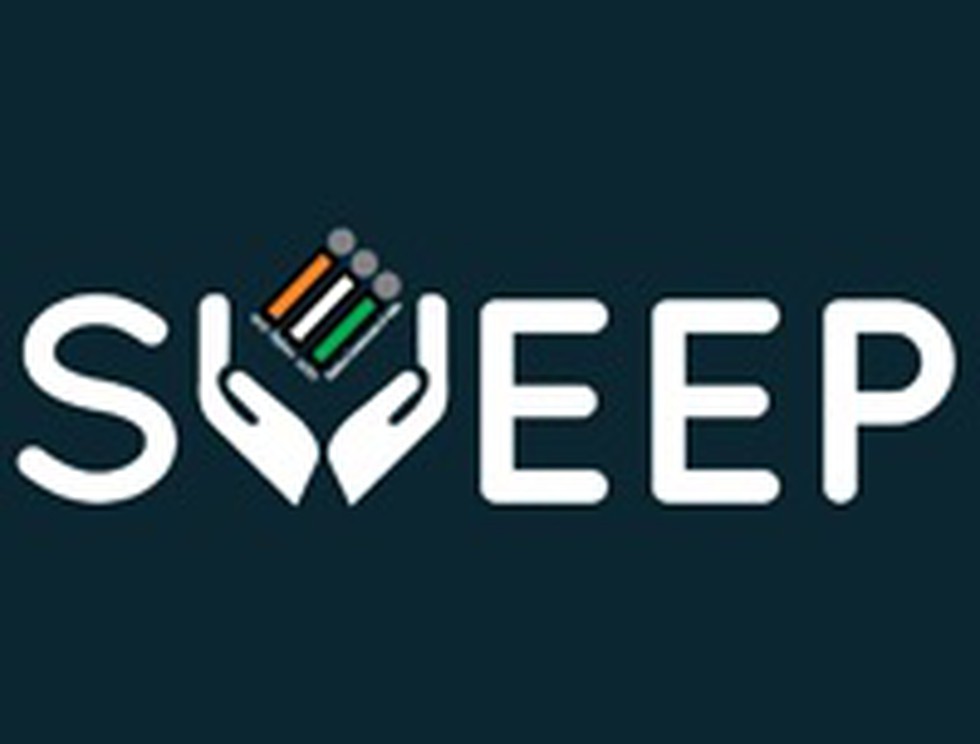
About:
- Full name of SVEEP: Systematic Voters’ Education and Electoral Participation program.
- Bodies involved: It is the flagship program of the Election Commission of India.
- Programme Objective: Voter education, spreading voter awareness and promoting voter literacy in India.
March 30, 2019
Prelims Pointers
March 30, 2019
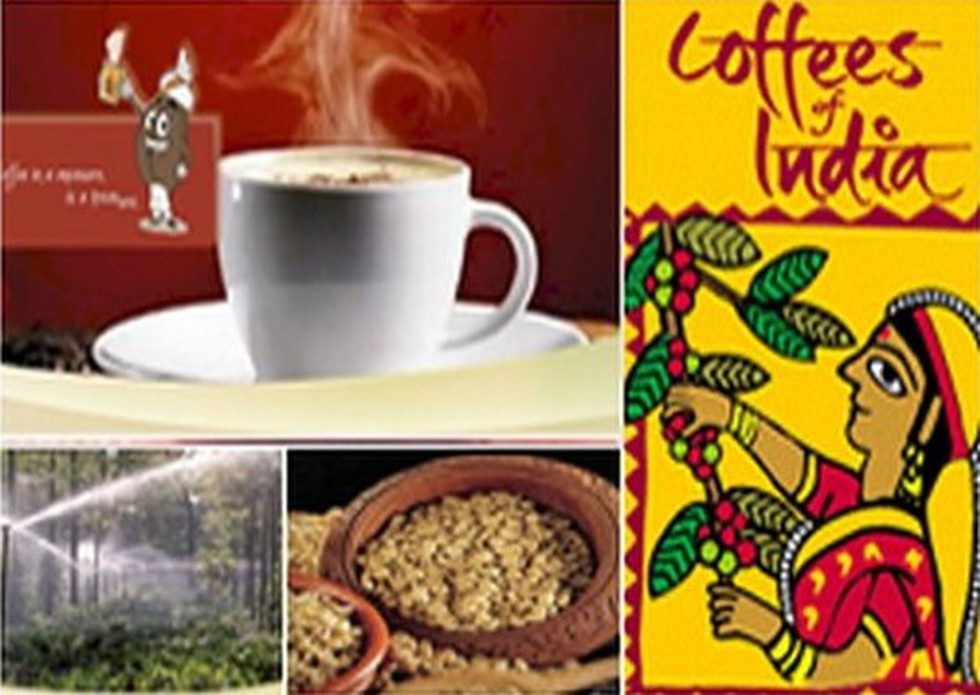
These 5 varieties of Indian Coffee are:
- Coorg Arabica coffee is grown specifically in the region of Kodagu district in Karnataka.
- Wayanaad Robusta coffee is grown specifically in the region of Wayanad district in Kerala.
- Chikmagalur Arabica coffee is grown specifically in the region of Chikmagalur district in Karnataka.
- Araku Valley Arabica coffee can be described as coffee from the hilly tracks of Visakhapatnam district of Andhra Pradesh and Odisha region at an elevation of 900-1100 Mt MSL.
- Bababudangiris Arabica coffee is grown specifically in the birthplace of coffee in India and the region is situated in the central portion of Chikmagalur district in Karnataka. This coffee is also called high grown coffee which slowly ripens in the mild climate and thereby the bean acquires a special taste and aroma.
The Monsooned Malabar Robusta Coffee, a unique specialty coffee from India, was given GI certification earlier.
Coffee cultivation region?
- In India, coffee is cultivated in about 4.54 lakh hectares by 3.66 lakh coffee farmers of which 98% are small farmers. Coffee cultivation is mainly done in the Southern States of India:
- Karnataka – 54%
- Kerala – 19%
- Tamil Nadu – 8%
- Coffee is also grown in non-traditional areas like Andhra Pradesh and Odisha (17.2%) and North East States (1.8%).
- India is the only country in the world where the entire coffee cultivation is grown under shade, hand-picked and sun dried.
Prelims Pointers
March 30, 2019
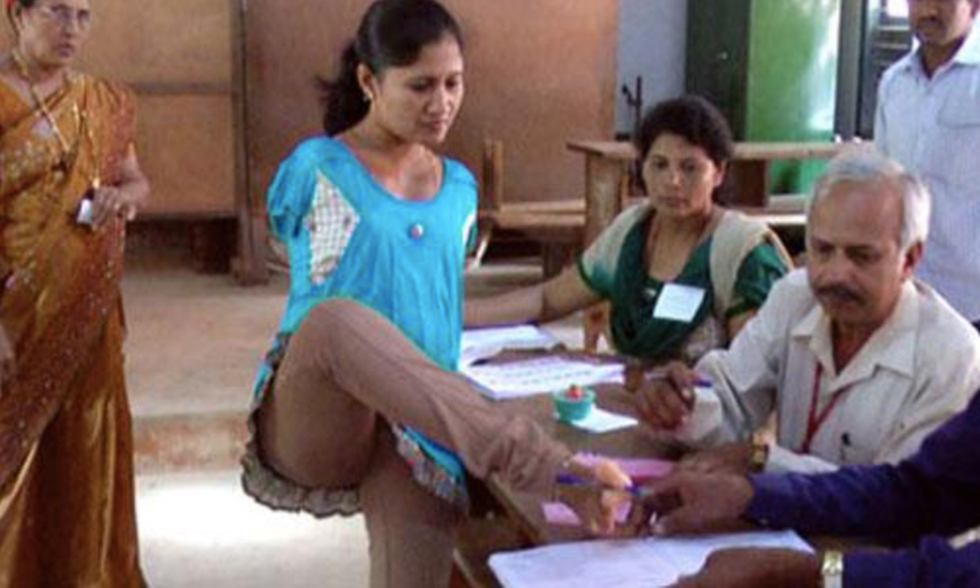
About:
- Launched by: Assam Chief Electoral Officer (CEO) and Social Welfare Department.
- Objective: Enajori is a special initiative for persons with disabilities with an aim that 'No Voter to be Left behind'. Its objective is to make Lok Sabha Elections accessible to Persons with Disability (PwD) voters.
- Features: Under this initiative comprehensive mapping of PwDs will be done in consultation with Booth Level Officers, Divyang Sarothis and a woman mascot-Chandraprabha, to facilitate the PwD voters for barrier-free and inclusive accessible elections.
CHIEF ELECTORAL OFFICER (CEO)?
- A Chief Electoral Officer (CEO) functions under the supervision, control and overall guidance of the Election Commission of India.
- It is not a constitutional post.
- Types of elections dealt: to Representation of the People’s Act 1950 and 1951 –
- Each state of India must be assisted with a CEO during the State Assembly elections as well as the general elections.
- The CEO also has a significant role to play during the elections to the office of the President and the Vice-President of India.
- Functions:
- Supervising the preparation, revision and maintenance of the electoral rolls in the state.
- To enhance communication between the voters of a state and the different departments of elections within the state.
- CEO also superintends District Electoral Officers.
- Eligibility for becoming a CEO:
- He must be an Indian Administrative Services Officer.
- He/she must not be a member of any political party for the duration of his tenure
- He/she must not hold any office of profit.
Prelims Pointers
March 30, 2019
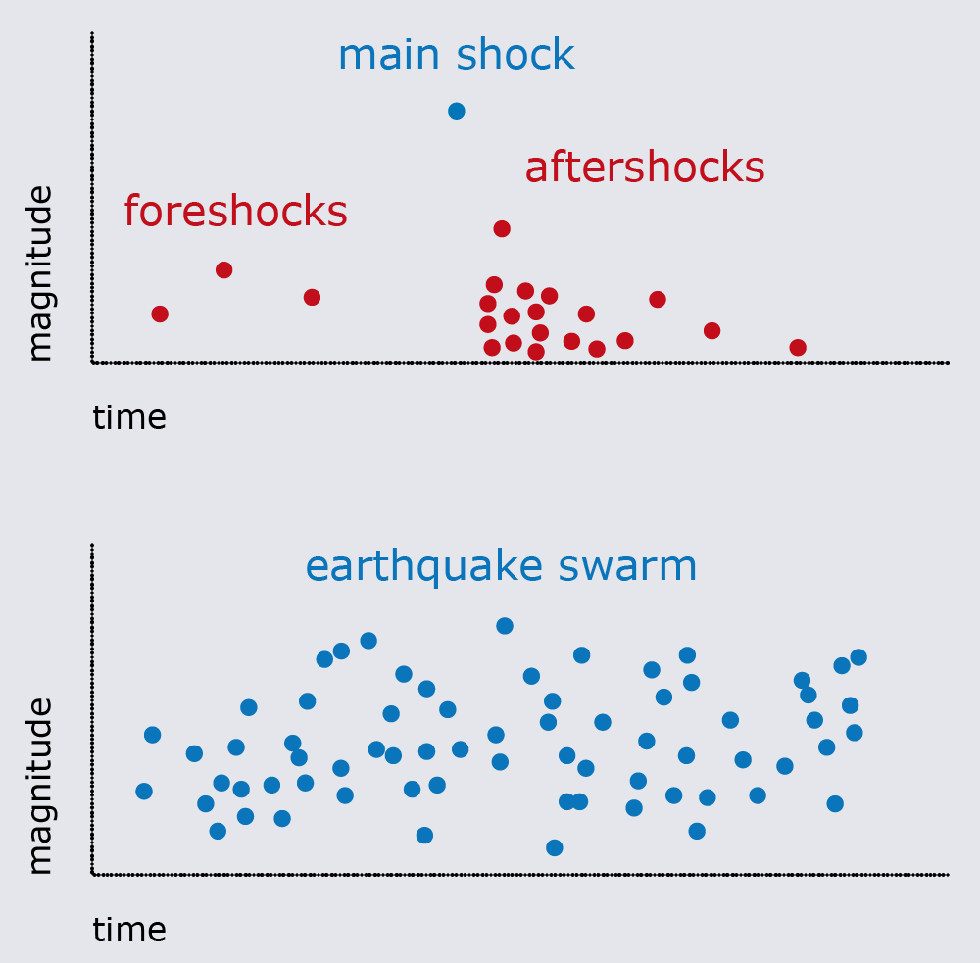
About:
- Meaning: In an 'earthquake swarms', numerous earthquakes occur locally over an extended period without a clear sequence of foreshocks, main quakes and aftershocks.
- Duration: The length of time used to define the swarm itself varies, but may be of the order of days, weeks, or months. Swarms usually end after a few days or months.
- Cause: How an earthquake swarm develops over time is just as difficult to predict as earthquakes are in general. Many earthquake swarms occur in regions with complex contiguous fracture systems. They are related to the movement of fluid gases and liquids in the Earth’s crust.
- Impact: Only seldom does the strength and number of earthquakes increase over time or do occur single, damaging events.
Prelims Pointers
March 30, 2019

About:
- The phenomenon is so widespread in Japan it even has its own name — hikikomori.
- Meaning: Hikikomori is defined as someone who does not go to school or work for six months and does not interact with anyone outside his family during that time.
- Key findings of recent government survey:
- There were 6,13,000 hikikomori aged between 40 and 64.
- Nearly 75% of hikikomori were male.
- Until recently, it was thought to be an issue mainly affecting teenagers and people in their 20s but ageing Japan is seeing a growing number of middle aged hikikomori isolating themselves away for longer periods of time.
- Around half of those included in the survey had been reclusive for more than 7 years.
- Many of the hikikomori are thought to be financially dependent on their ageing parents.
- There were 6,13,000 hikikomori aged between 40 and 64.
- Comment: High-pressure, conformist and workaholic Japan, places a huge amount of pressure on individuals. It shows that Japanese society is tough to live in.
Prelims Pointers
March 30, 2019
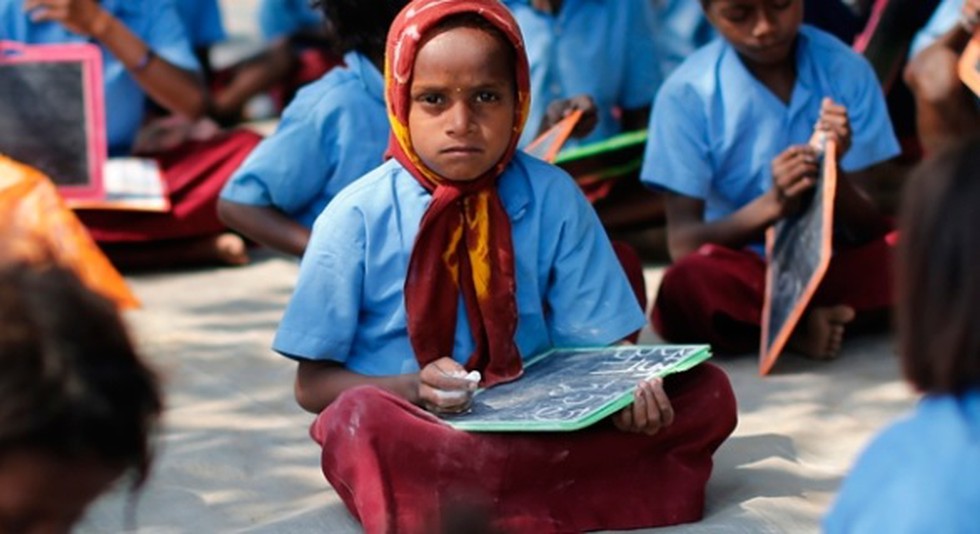
The study is co-authored by Alok Kumar, adviser, NITI Aayog, and Seema Bansal, director, social impact, Boston Consulting Group.
Findings of the study:
- Number of schools: Because of an emphasis on enrolment, India adopted the strategy of building schools near every habitation, resulting in a proliferation of schools with tiny populations and inadequate resources. India has almost 3-4 times the number of schools (15 lakh) than China (nearly 5 lakh) despite a similar population.
- Teacher shortage: India has a shortage of more than 10 lakh teachers. The teachers that exist are inadequately distributed. Apart from academic work, teachers are also engaged in managing midday meals, conducting surveys and in administrative and election duties.
- Learning levels: Annual Status of Education Reports (ASER) found that nearly half of class 5 children cannot read a class 2 text. Dropout rates increase as children move up. Around 30% enrolled in class 1 graduate from class 12.
Recommendations made in the study:
- Consolidate several such schools within a short distance of one another, and provide transport and allowances. School consolidation, pioneered in states like Rajasthan and Jharkhand, has reaped rich dividends.
- Move teachers from surplus to deficit schools, restructure complicated teacher cadres, and increase investment in teacher recruitment. Madhya Pradesh has undertaken an online teacher rationalisation process, moving nearly 10,000 teachers from surplus to deficit schools.
- Shift from syllabus completion to focus on what competencies students have mastered. Dedicated time should be carved out in the school day to bridge learning gaps, and students should be taught based on their learning levels rather than grades.
Prelims Pointers
March 30, 2019
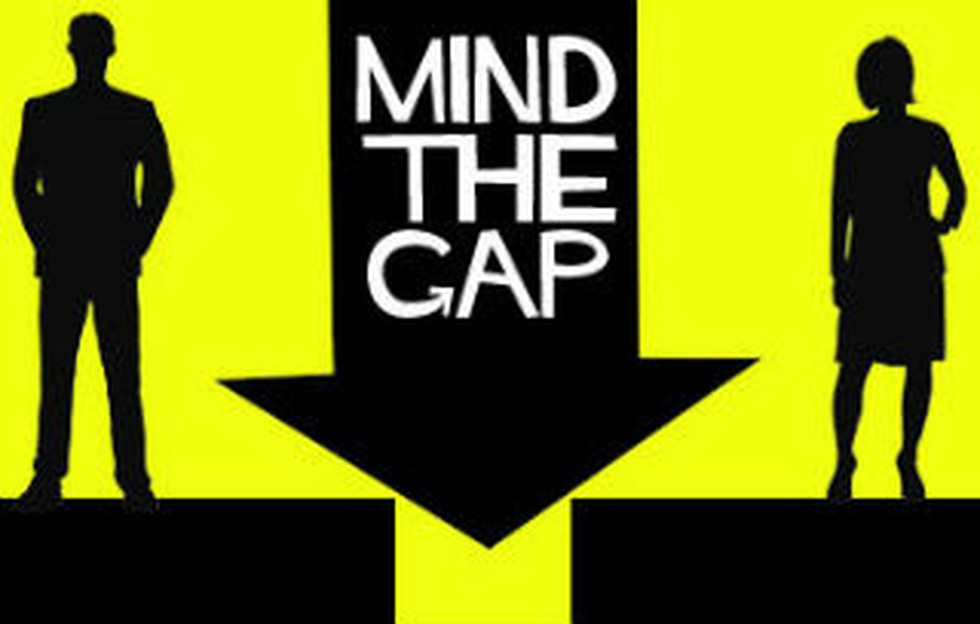
Key findings of the report:
- Regressive social norms alongwith lack of investment in social security and infrastructure continue to hamper women’s participation in the workforce.
- On an average, women are paid 34% less than similarly qualified male workers for performing the same tasks.
- The largest number of jobs were generated in the unorganised sector.
- Job generation was adversely impacted after demonetisation, and hit the women workforce most. Post-demonetisation also saw a drop-in household with two or more persons employed.
- Even within the public education system, there are inequalities in educational investment. Government sponsored Kendriya Vidyalayas (KV) spend Rs 27,000 per student whereas non KV government schools spend a mere Rs 3000 per student.
- In rural India, traditional occupations continue to be determined by castes. Women belonging to the Mahadalit community, for example, assist with child-birth, while richer Baniyas own shops.
Recommendations:
- Focus towards labour intensive sectors to create more jobs.
- Create better work conditions to make jobs more inclusive.
- Increase investments in health and education to improve productivity.
Prelims Pointers
March 30, 2019
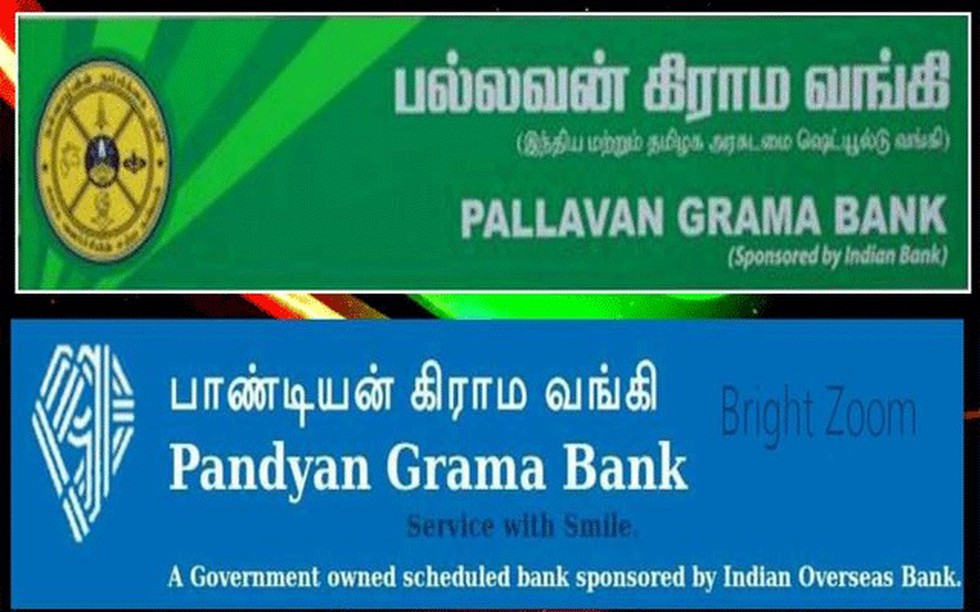
Tamil Nadu Grama Bank:
- It will be called as Tamil Nadu Grama Bank with its head office at Salem.
- Pallavan Grama Bank is sponsored by Indian Bank and Pandyan Grama Bank by Indian Overseas Bank.
- It will come into effect from April 1, 2019.
REGIONAL RURAL BANKS (RRBs)?
- RRBs are jointly owned by the Central government, the State government concerned and sponsor (usually public sector) bank with the issued capital shared in the proportion of 50 %, 15 % and 35 %, respectively.
- Phases of Consolidation:
- Phase 1: The first phase of consolidation was in 2004-05 when RRBs of same sponsor banks, within a state, were merged. As a result, the number of RRBs came down from 196 to 82.
- Phase 2: The second phase was in 2011-12, when RRBs with geographical contiguous areas of operation within a state were merged, across sponsor banks. As a result, the number of RRBs further declined to 56.
- Phase 3: In June 2018, the Union Government decided to start the consolidation process of RRBs. The number of RRBs will be brought down to 38 from 56 now. In this phase, RRBs within a state will be amalgamated.
Prelims Pointers
March 30, 2019
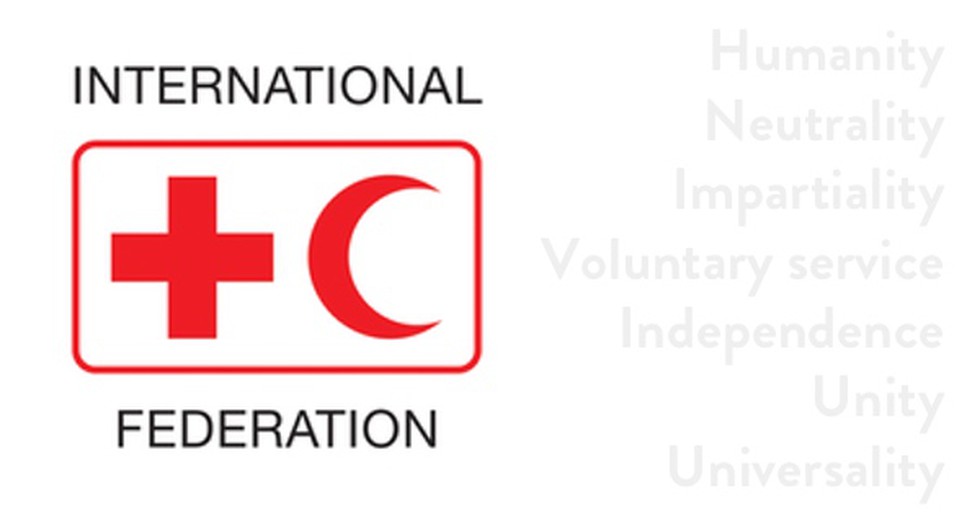
About:
- Full name: The International Federation of Red Cross and Red Crescent Societies (IFRC).
- Mandate: It is a worldwide humanitarian aid organization that acts before, during and after disasters and health emergencies to meet the needs and improve the lives of vulnerable people.
- Established in: 1919.
- Headquarters: Geneva, Switzerland.
Prelims Pointers
March 30, 2019
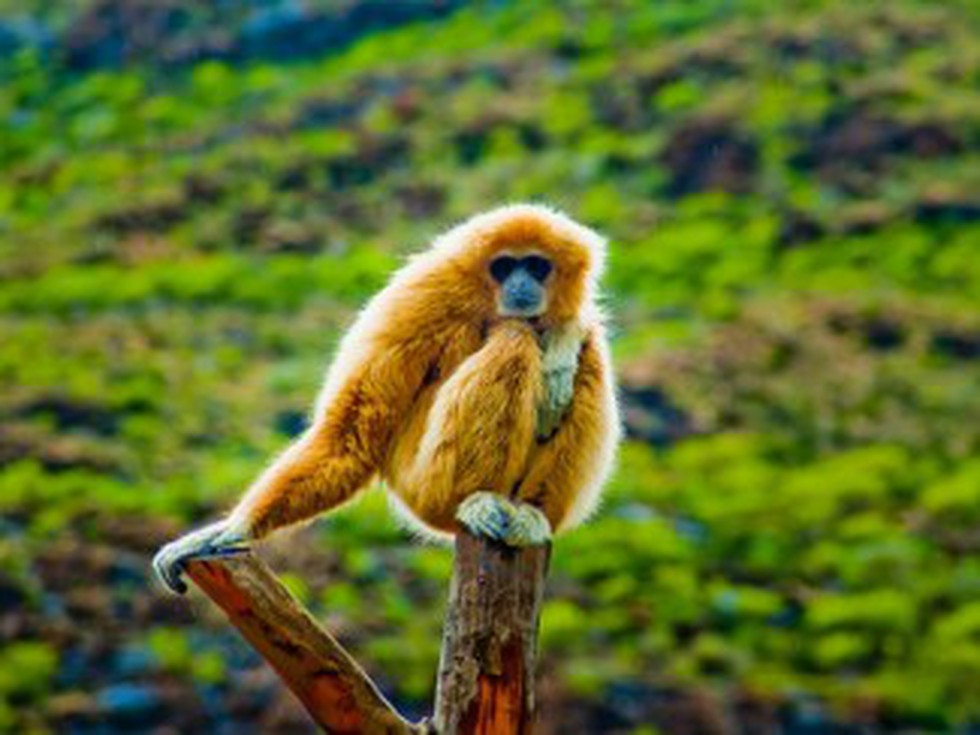
About:
- Alemba Yimchunger is a forest guard at the Fakim Wildlife Sanctuary in Nagaland’s Kiphire district.
- In his 30 years of service, Mr. Yimchunger has played a major role in protection of forests and wild animals in and around Fakim sanctuary.
The Fakim Sanctuary lies in the Kiphire district in Nagaland. It is close to the Myanmar border.
Prelims Pointers
March 30, 2019
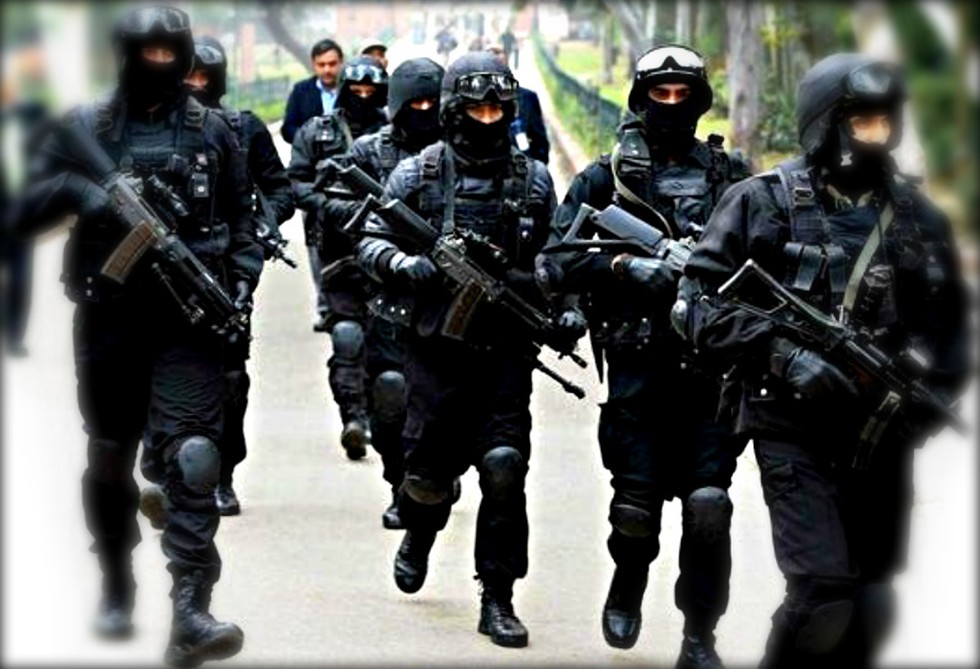
About:
- Composition: The ADGP CID of JK Police will head the MDTMG. The MDTMG will have representatives from the Jammu and Kashmir Police, Intelligence Bureau, CBI, NIA, and Income Tax Department.
- Mandate:
- The monitoring group will have to investigate networks of various channels being used to fund terror and terror-related activities and take coordinated action to stop flow of such funds.
- It will also take action against hardcore sympathisers among government employees, including teachers, who are providing covert or overt support to terror activities.
- The monitoring group will have to investigate networks of various channels being used to fund terror and terror-related activities and take coordinated action to stop flow of such funds.
- The MDTMG which will meet on a weekly basis and submit their action taken report regularly.
March 29, 2019
Prelims Pointers
March 29, 2019
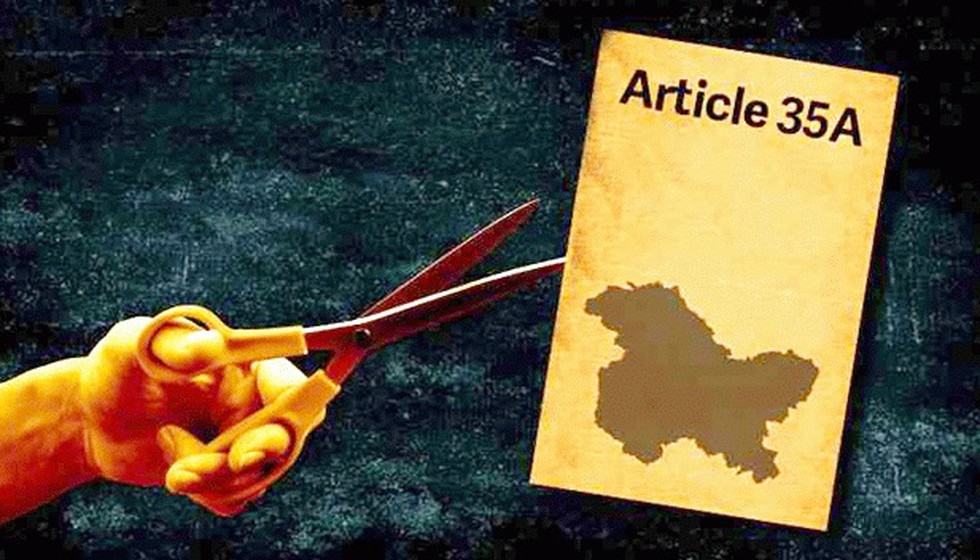
About:
- Background:
- Article 35A stems from Article 370. It was not passed as per the amending process given in Article 368, but was inserted on the recommendation of J&K’s Constituent Assembly through a Presidential Order in 1954.
- Article 35A is unique in the sense that it does not appear in the main body of the Constitution — Article 35 is immediately followed by Article 36 — but comes up in Appendix I.
- Article 35A stems from Article 370. It was not passed as per the amending process given in Article 368, but was inserted on the recommendation of J&K’s Constituent Assembly through a Presidential Order in 1954.
- Salient features:
- It empowers the J&K legislature to define permanent residents (PRs) of the state.
- The J&K Constitution defines a PR as a person who was a state subject on May 14, 1954, or who has been a resident of the state for 10 years, and has “lawfully acquired immovable property in the state”.
- The definition of PR can be altered when a law is passed for the same by a two-thirds majority of J&K legislature.
- It empowers the J&K legislature to define permanent residents (PRs) of the state.
- Opposition to it: In 2014, an NGO We the Citizens filed a writ petition seeking the striking down of Article 35A on the ground that
- It bars non-state subjects from settling and buying property in J&K and encourages a separate identity.
- Some believe that the only way to permanently end the Kashmir dispute is to alter its demography by settling people from outside the state, with the right to acquire land and property, and vote in the assembly elections.
- It bars non-state subjects from settling and buying property in J&K and encourages a separate identity.
- However, political parties in J&K oppose it on the following grounds:
- It is a part of series of moves to breach the state’s special status and going ahead with it will have dangerous ramifications.
- Like Article 370, Article 35A was negotiated between the princely state of J&K and the government of India and it is the bedrock of accession.
- It is a part of series of moves to breach the state’s special status and going ahead with it will have dangerous ramifications.
- Present status: The Supreme Court will examine whether it is unconstitutional or violates the basic structure of the Constitution.
Prelims Pointers
March 29, 2019
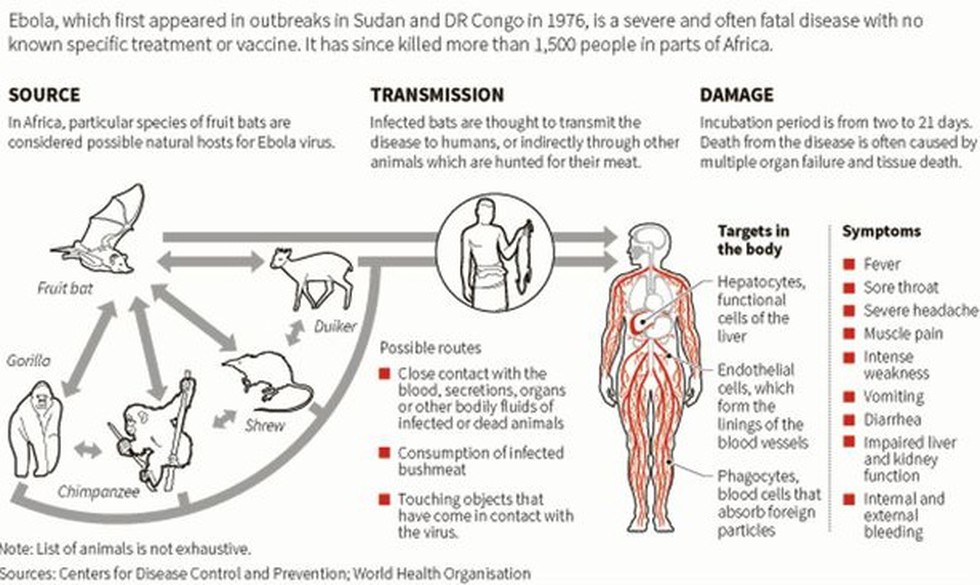
About:
- Ebola virus disease (EVD), formerly known as Ebola haemorrhagic fever, is a severe, often fatal illness in humans.
- Virus species: The virus family Filoviridae includes three genera: Cuevavirus, Marburgvirus, and Ebolavirus. Within the genus Ebolavirus, five species have been identified: Zaire, Bundibugyo, Sudan, Reston and Tai Forest.
- Transmission:
- The virus is transmitted to people from wild animals such as chimpanzees, gorillas, fruit bats) and then spreads in the human population through human-to-human transmission.
- It is thought that fruit bats of the Pteropodidae family are natural Ebola virus hosts.
- People can get the virus through sexual contact as well.
- The virus is transmitted to people from wild animals such as chimpanzees, gorillas, fruit bats) and then spreads in the human population through human-to-human transmission.
- Health impact: The average EVD case fatality rate is around 50%. Case fatality rates have varied from 25% to 90% in past outbreaks.
- Treatment: Early supportive care with rehydration, symptomatic treatment improves survival. There is as yet no licensed treatment proven to neutralize the virus but a range of blood, immunological and drug therapies are under development.
Prelims Pointers
March 29, 2019
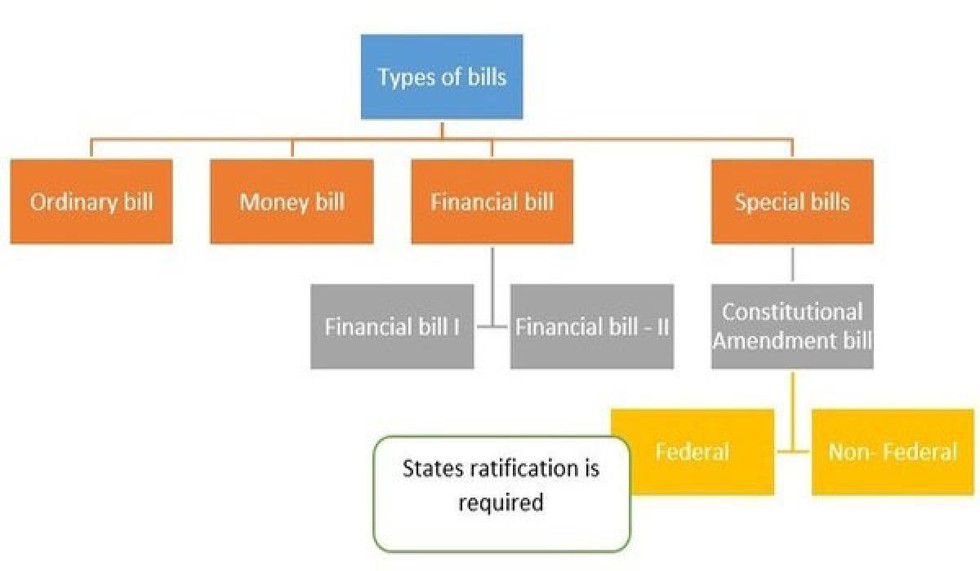
About:
- Types of Bills: There are four types of Bills, namely (i) Constitution Amendment Bills; (ii) Money Bills; (iii) Financial Bills; and (iv) Ordinary Bills.
- Money Bills:
- Under Article 110(1), a Bill is said to be a Money Bill if it only contains provisions related to taxation, borrowing of money by the government, expenditure from or receipt to the Consolidated Fund of India.
- Bills that only contain provisions that are incidental to these matters would also be regarded as Money Bills.
- Under Article 110(1), a Bill is said to be a Money Bill if it only contains provisions related to taxation, borrowing of money by the government, expenditure from or receipt to the Consolidated Fund of India.
- Who decides if a Bill is a Money Bill? The Speaker certifies a Bill as a Money Bill, and the Speaker’s decision is final.
- Passage of Money Bills:
- A Money Bill may only be introduced in Lok Sabha, on the recommendation of the President.
- It must be passed in Lok Sabha by a simple majority of all members present and voting.
- Following this, it may be sent to the Rajya Sabha for its recommendations, which Lok Sabha may reject if it chooses to. If such recommendations are not given within 14 days, it will deemed to be passed by Parliament.
- A Money Bill may only be introduced in Lok Sabha, on the recommendation of the President.
Money Bill vs financial bill?
- While all Money Bills are Financial Bills, all Financial Bills are not Money Bills.
- For example, the Finance Bill which only contains provisions related to tax proposals would be a Money Bill.
- However, a Bill that contains some provisions related to taxation or expenditure, but also covers other matters would be considered as a Financial Bill.
- The procedure for the passage of the two bills varies significantly. The Rajya Sabha has no power to reject or amend a Money Bill. However, a Financial Bill must be passed by both Houses of Parliament.
Prelims Pointers
March 29, 2019
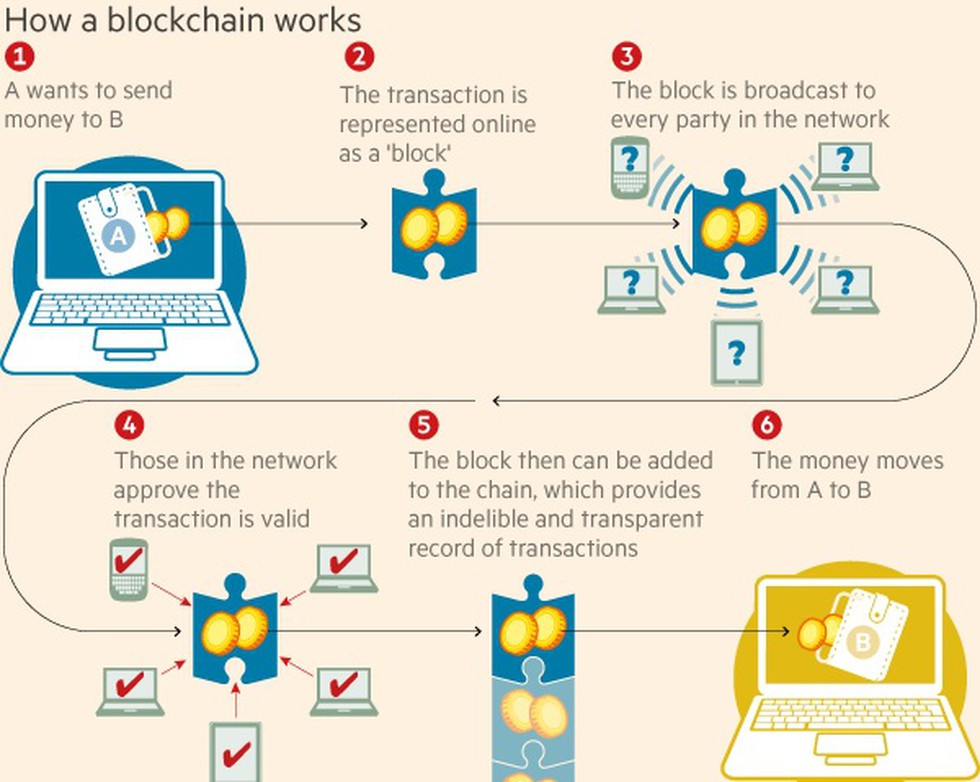
About:
- Indian coffee is highly valued in the world market and sold as premium coffees. India is the only country in the world where entire coffee is grown under shade, handpicked and sun dried. The share of farmers in the final returns from coffee is very meagre.
- The Blockchain based market place app will help integrate the farmers with markets in a transparent manner and lead to realisation of fair price for the coffee producer.
- It will also reduce the number of layers between coffee growers and buyers and help farmers double their income.
- The underlying technology in cryptocurrencies is blockchain technology.
Blockchain?
- In simple terms, a blockchain is a continuously growing chain of blocks which are linked together and are secured with the use of cryptography. It is a kind of open and distributed ledger that can record transactions between two parties which can be verified in a permanent way.
- Each block contains 3 information –
- Cryptographic hash of the previous block,
- A timestamp and
- Transaction data.
- Cryptocurrency is one of the use of blockchain technology. It has potential to be used in Smart Contracts, Proof of Ownership, Authenticated Voting, Stock exchange, Real Estate, etc.
Prelims Pointers
March 29, 2019
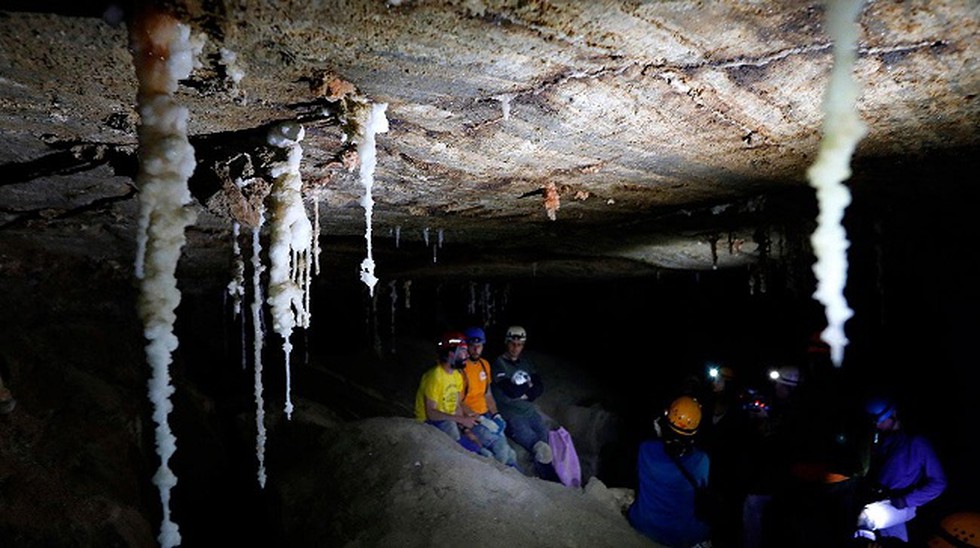
About:
- The cave named Malham, stretching over 10 kilometres (6.25 miles), runs through Mount Sodom, Israel's largest mountain, and spills out to the southwest corner of the adjacent Dead Sea.
- Pale salt stalactites hang from the ceilings, and some of the walls sparkle with salt crystals.
- Earlier, N3 cave in Iran's Qeshm island was widely recognised as the world's longest salt cave.
Mount Sodom is a hill along the southwestern part of the Dead Sea in Israel, part of the Judaean Desert Nature Reserve.
Prelims Pointers
March 29, 2019
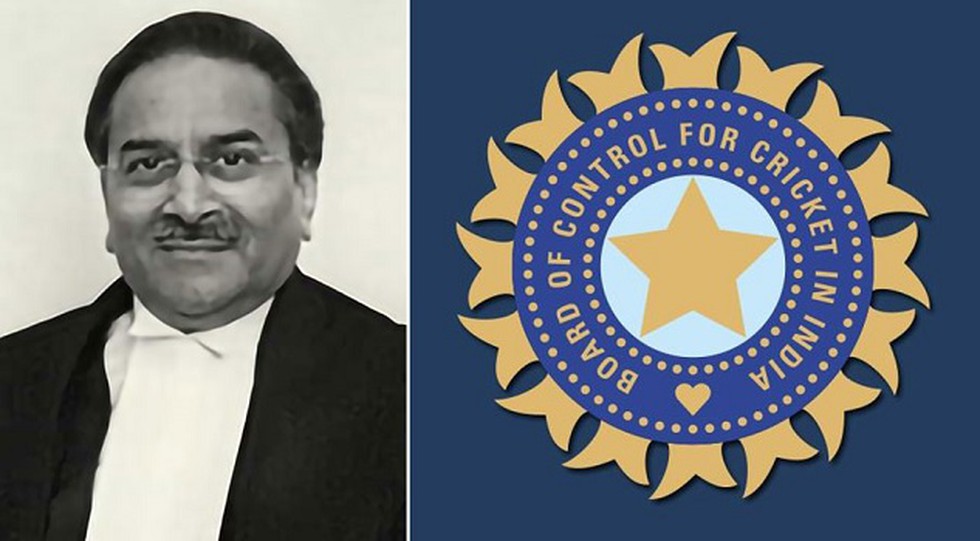
About:
- The Committee of Administrators (COA), in its 10th Status Report filed in October 2018, had requested the Supreme Court to appoint an Ethics Officer in addition to an Ombudsman for looking into the matters of Conflict of Interest.
- The three-member COA requested Justice DK Jain earlier this month to take over as Ethics Officer on an ad-hoc basis till a permanent appointment takes place.
Committee of Administrators (CoA)?
- In 2017, the Supreme Court nominated a four-member panel Committee of Administrators to look after the administration of the Board of Control For Cricket In India (BCCI) in order to implement Lodha committee reforms.
- Vinod Rai, ex-CAG of India heads the four members panel.
Prelims Pointers
March 29, 2019
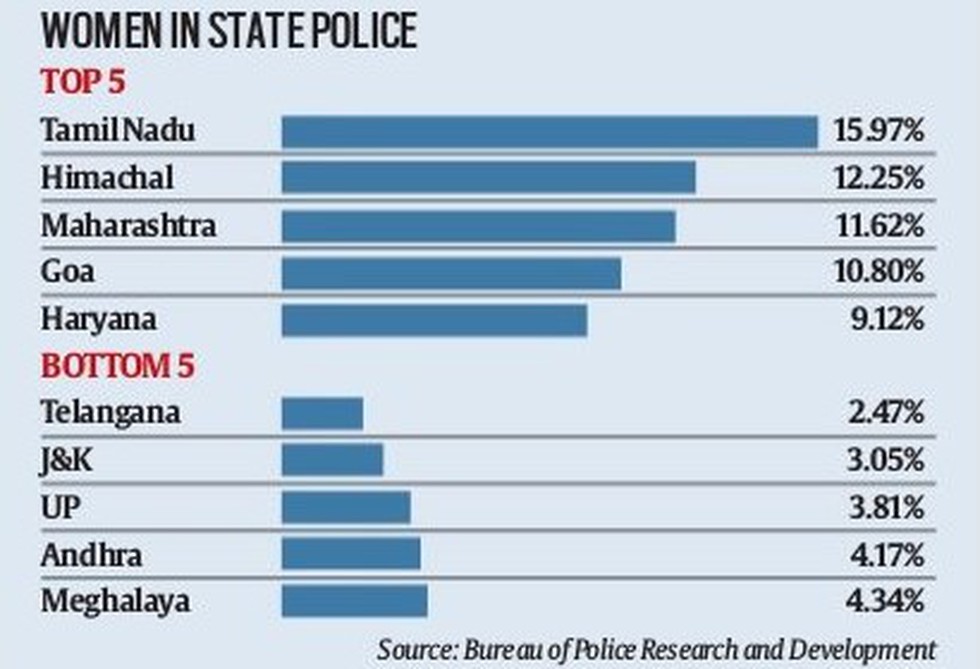
Initiatives by Government:
- In 2009, 2013 and 2014, the Home Ministry had issued advisories to all state governments to increase representation of women in police to 33%.
- For the Union Territories, the Cabinet had in 2015 approved 33% reservation for women in non-gazetted posts from constable to sub-inspector.
Findings of the Model Policy on Women in Police in India, prepared by the Commonwealth Human Rights Initiative (CHRI):
- Targets set: Apart from the UTs, Bihar has adopted 38% reservation while nine states have adopted 33%. Ten states have set smaller targets while nine have not set a target at all. However, Targets remain very much on paper.
- Overall women representation: Women comprise only 7.28% of India’s police force.
- Scenario in states/UTs: Among the states, Tamil Nadu (16%) has the highest representation of policewomen while Himachal Pradesh, Maharashtra and Goa are the only others with over 10%. Among the Union Territories, Chandigarh police have 18% women while Delhi police have 8.64%.
- Positions held: Less than 1% of policewomen in India occupy senior ranks. Over 90% of them remain constables — the lowest possible rank — which is the position they enter the force and eventually retire from.
Prelims Pointers
March 29, 2019

About:
- The resolution notes that terrorists may abuse legitimate businesses and non-profit organisations for their activities, and make use of emerging payment methods, such as prepaid cards and mobile payments or virtual assets.
- UNSC’s resolution demands all states to "ensure that their domestic laws and regulations establish serious criminal offenses" to collect funds or financial resources to terrorist groups or individual criminals. It also calls on members to create financial intelligence units.
- Resolution 2462 also affirms the Resolution 1373 that all countries shall prevent and suppress the financing of terrorist acts and refrain from providing any of support, active or passive, to entities or persons involved in terrorist acts.
- Nations that fail to carry out the resolution would face U.N. sanctions.
Adopted in 2001 in response to the September 11 terrorist attacks in the US, Resolution 1373 was the first comprehensive resolution imposing obligations on all states to respond to the global threat of terrorism.
Prelims Pointers
March 29, 2019
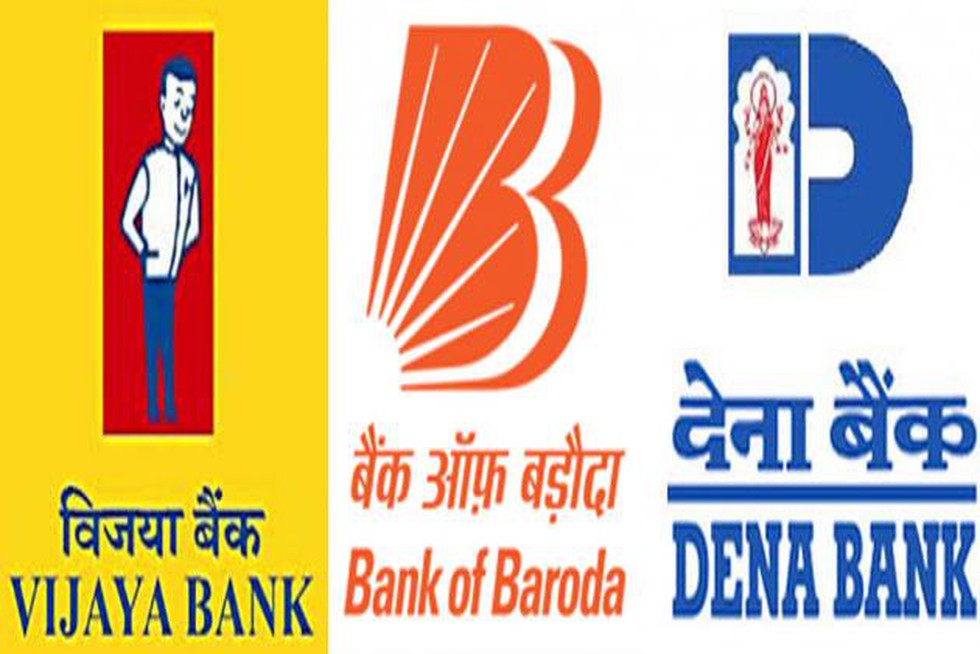
About:
- The government in September last year had announced merger of Vijaya Bank and Dena Bank with Bank of Baroda. The merger would be effective from 1st April.
- Benefits:
- The envisaged amalgamation will be the First-ever three-way consolidation of banks in India, with a combined business of Rs. 14.82 lakh crore, making it India’s Third Largest Bank after SBI and ICICI Bank.
- Leveraging of networks, low-cost deposits and subsidiaries of the three banks will lead to substantial rise in customer base, market reach, operational efficiency, wider bouquet of products and services, and improved access for customers.
- The consolidation will help create a strong globally competitive bank. Global network strength of Bank of Baroda will be leveraged to enable customers of Dena Bank and Vijaya Bank to have global access.
- Dena Bank’s strength in MSME will further augment the strength of the other two to position the amalgamated bank for being an MSME Udyamimitra.
- The envisaged amalgamation will be the First-ever three-way consolidation of banks in India, with a combined business of Rs. 14.82 lakh crore, making it India’s Third Largest Bank after SBI and ICICI Bank.
Prelims Pointers
March 29, 2019
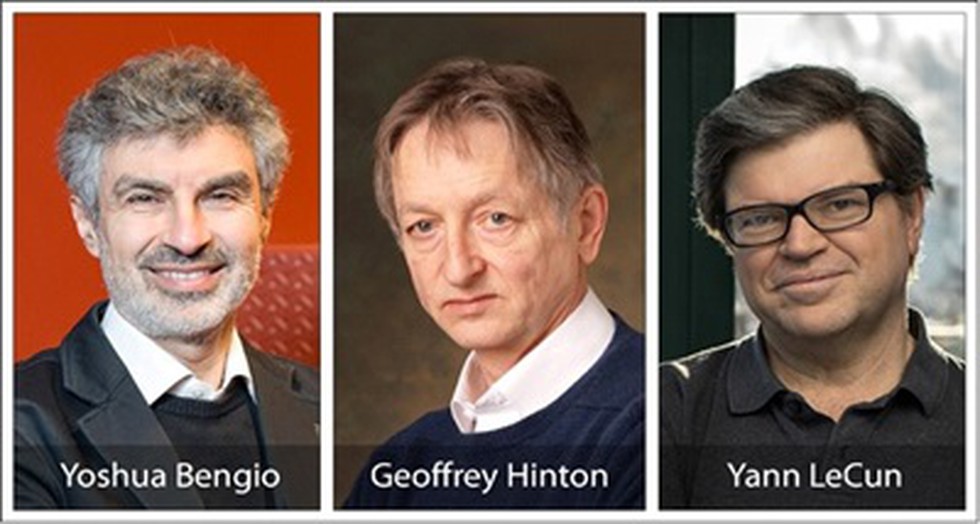
About:
- Name: The A.M. Turing Award is often referred to as the "Nobel Prize of Computing".
- Criteria: It is awarded to an individual making contributions of lasting and major technical importance to the computer science.
- Presented by: Association for Computing Machinery (ACM). ACM is a non-profit professional membership group, headquartered in New York City.
- Cash prize: $1 million prize, with financial support provided by Google, Inc.
- History: It was first awarded in 1966.
- Recipients for 2018: Yoshua Bengio, Geoffrey Hinton, and Yann LeCun.
- They have won it making deep neural networks a critical component of computing.
- In recent years, deep learning methods have been responsible for astonishing breakthroughs in computer vision, speech recognition, natural language processing, and robotics—among other applications.
- They have won it making deep neural networks a critical component of computing.
A.M. Turing?
- The A.M. Turing Award was named in honour of Alan Mathison Turing (1912–1954), a British mathematician and computer scientist.
- He made fundamental advances in computer architecture, algorithms, formalization of computing, and artificial intelligence. Turing was also instrumental in British code-breaking work during World War II.
March 28, 2019
Prelims Pointers
March 28, 2019
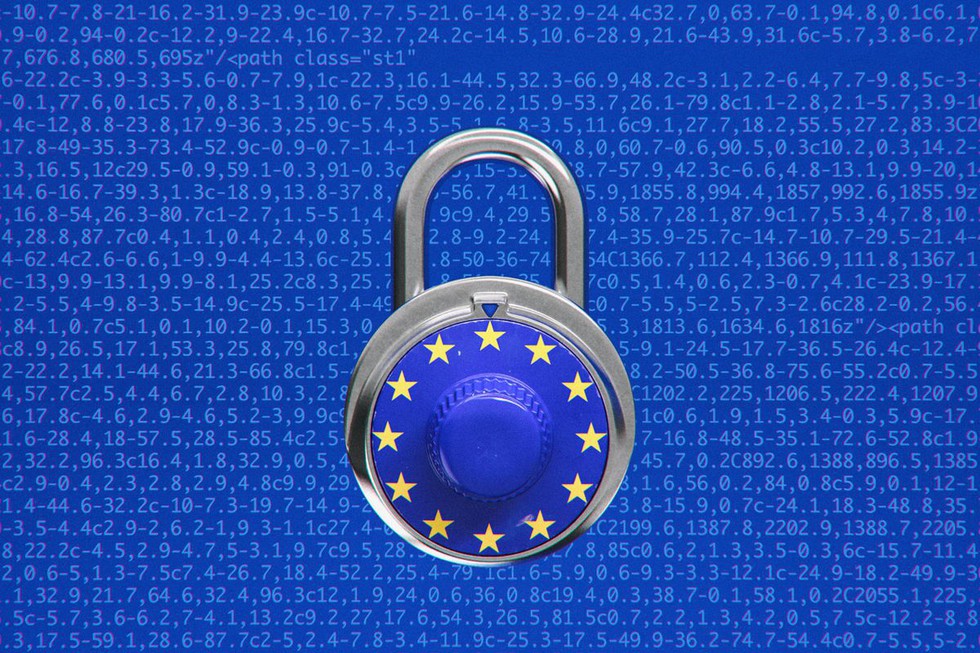
About:
- Name: The Directive on Copyright in the Digital Single Market 2016/0280 (COD) is also known as the EU Copyright Directive.
- Bodies involved: It is a European Union (EU) directive and is a component of the EU's Digital Single Market project.
- Features: It extends existing European Union copyright law. Under the reform, European law for the first time would hold platforms legally responsible for enforcing copyright, requiring them to check everything that their users post to prevent infringement.
- Objectives of directive: Protecting press publications; reducing the "value gap" between the profits made by Internet platforms and by content creators; encouraging collaboration between these two groups, and creating copyright exceptions for text- and data-mining.
- Arguments in favour: The reform has been backed by media companies and artists, who want to obtain a better return from web platforms that allow users to distribute their content.
- Arguments against: But it was strongly opposed by Silicon Valley, and especially Google that makes huge profits from the advertising generated on content it hosts. It was criticised also by supporters of a free internet who fear it will result in unprecedented restrictions to web freedom.
- Way ahead: The measure was approved by on 26 March 2019. In order for the text of the directive to become law in the EU, it must be approved by the European Council (EC) on 9 April 2019.
Copyright?
- Copyright is a legal right that grants the creator of an original work exclusive rights to determine whether, and under what conditions, this original work may be used by others.
- The WIPO Copyright Treaty (WCT) is an international treaty on copyright law adopted by the member states of the World Intellectual Property Organization (WIPO) in 1996. It provides additional protections for copyright to respond to advances in information technology since the formation of previous copyright treaties before it.
Prelims Pointers
March 28, 2019
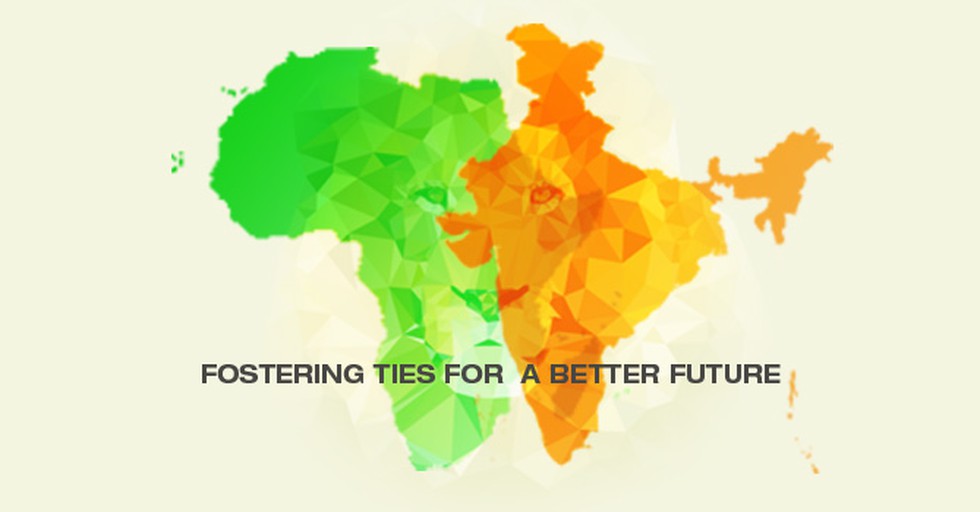
About:
- In the last decade, the India-Africa relationship has grown exponentially.
- India is Africa’s fourth largest trading partner with 21 % of Indian foreign investment directed to the continent between 2008 and 2016.
- India has also increased its visibility in recent years through high level visits, increased diplomatic ties and the creation of education and skill development programmes such as the Indian Technical and Economic Cooperation programme.
- More than half of International Solar Alliance (ISA) member states coming from Africa.
- The India–Africa Forum Summit (IAFS) is the official platform for the African-Indian relations. IAFS will be held once in every three years. It was first held in 2008 in New Delhi.
African Union?
- When formed: 2002.
- HQ: Addis Ababa, Ethiopia.
- Membership: 55 countries of the continent of Africa.
- Main objectives are:
- To rid the continent of the remaining vestiges of colonization and apartheid;
- To promote unity and solidarity among African States;
- To coordinate and intensify cooperation for development;
- to safeguard the sovereignty and territorial integrity of Member States and
- To promote international cooperation within the framework of the United Nations.
- Key initiatives taken:
- New Partnership for Africa's Development (NEPAD): It is an economic development program of the African Union; STARTED IN 2001.
- The Treaty establishing the African Economic Community (AEC) - 1991: commonly known as the Abuja Treaty, it seeks to create the AEC through six stages culminating in an African Common Market using the Regional Economic Communities (RECs) as building blocks. The Treaty has been in operation since 1994.
Prelims Pointers
March 28, 2019
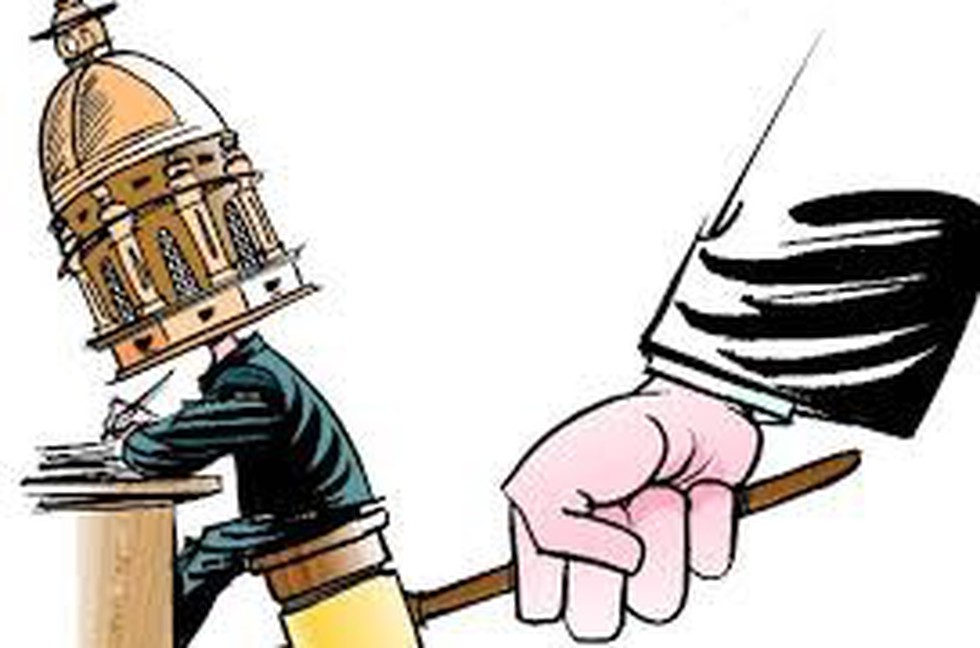
What is tribunal?
- ‘Tribunal’ is an administrative body established for the purpose of discharging quasi-judicial duties.
- They are setup to adjudicate disputes related to specified matters.
- It is neither a Court nor an executive body. It stands somewhere midway between them.
Timeline:
- Constitution (42nd Amendment) Act, 1976: Based on the recommendations of the Swaran Singh Committee, Part XIV-A was added by the Constitution (42nd Amendment) Act, 1976, titled as ‘Tribunals’ which provided for the establishment of
- ‘Administrative Tribunals’ under Article 323-A: It gives exclusive power to the Parliament for establishing tribunals.
- ‘Tribunals for other matters’ under Article 323-B: It gives power to the concerned State Legislature to constitute Tribunals for the respective subjects specified therein.
- ‘Administrative Tribunals’ under Article 323-A: It gives exclusive power to the Parliament for establishing tribunals.
- Administrative Tribunals Act, 1985: It provides for the establishment of three kinds of administrative Tribunals: (a) The Central Administrative Tribunal (CAT), State Administrative Tribunals (SAT) and Joint Administrative Tribunals (JAT).
- Tribunalization of India: Now tribunals have replaced high courts for disputes under the Companies Act, Competition Act, SEBI Act, Electricity Act, and Consumer Protection Act among others. The number of tribunals increased to 36, in 2016.
- The Finance Act, 2017: The Finance Act, 2017 has merged eight tribunals on the ground of functional similarity and has given the power to the Government to appoint and remove the members.
Recommendations of Law Commission Report No.272 (Assessment of Statutory Frameworks of Tribunals in India):
- To ensure impartial selection of members of tribunals, involvement of government agencies should be minimal. They should be appointed by a selection committee headed by the Chief Justice of India or a sitting judge of the Supreme Court.
- There should be uniformity in the appointment, tenure, and service conditions for the members of tribunals.
- Appeals against a tribunal’s order should first lie before the appellate tribunal setup by that act. Only when appellate tribunals don’t exist, should the appeal lie before a High Court.
- To ensure access to justice by people across geographical areas, Tribunals should have benches in different parts of the country.
Prelims Pointers
March 28, 2019
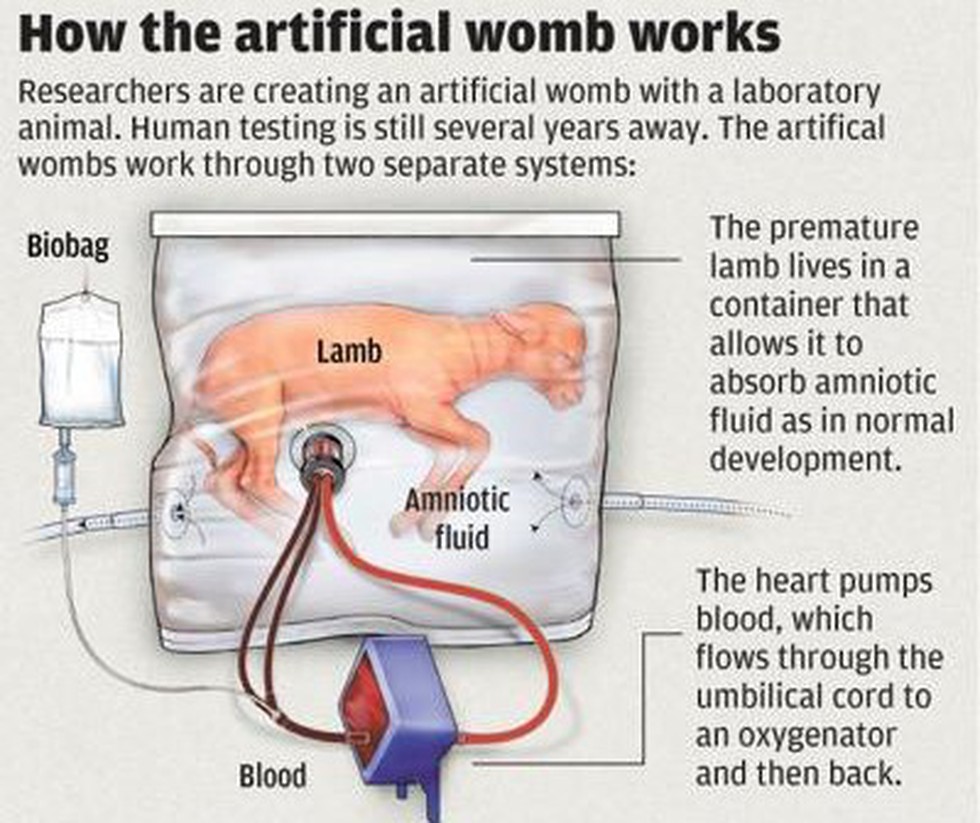
About:
- What is it? Artificial wombs are mechanisms that are used to grow an embryo outside of the body of a female.
- Potential benefits: This technology could bring hope to parents who before could not have children. It could also open the door for mothers to choose to have their babies outside their bodies, to avoid the stress of childbirth.
- Present status: In 2017 researchers at the Children's Hospital of Philadelphia published a study showing they had grown premature lamb fetuses for four weeks in an extra-uterine life support system.
- Concerns: The development of artificial womb raises bioethical and legal considerations, and also has important implications for reproductive rights. There are also concerns that children who develop in an artificial uterus may lack "some essential bond with their mothers that other children have".
Recent research:
- The recent research published in the American Journal of Obstetrics & Gynecology showed that the 'artificial womb' or the artificial placenta-based life support platform can maintain lamb foetuses weighing 600 to 700 grams -- equivalent to a human foetus at 24 weeks of pregnancy.
- Significance: While the artificial wombs technology have been used to support late preterm foetuses, this is for the first time that it can be used to extend the life of extremely preterm foetuses, which was the ultimate clinical target of this technology.
Ectogenesis is the growth of an organism in an artificial environment outside the body in which it would normally be found, such as the growth of an embryo or fetus outside the mother's body, or the growth of bacteria outside the body of a host. The term was coined by British scientist J.B.S. Haldane in 1924.
Prelims Pointers
March 28, 2019
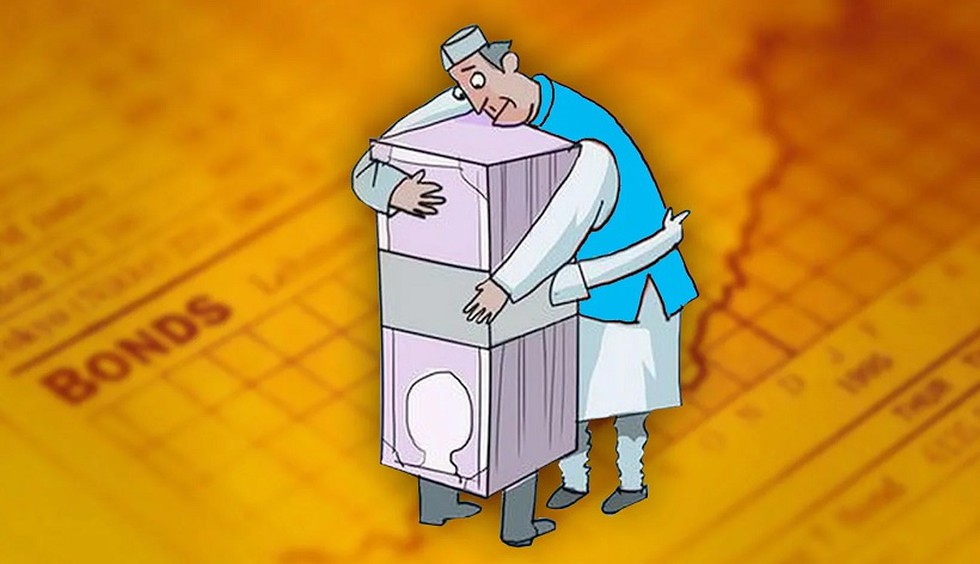
Recent arguments against electoral bonds by the Election Commission of India (ECI):
- Electoral bonds hit transparency in funding of political parties. Coupled with the removal of cap on foreign funding, they invite foreign corporate powers to interfere in Indian politics.
- The ECI also criticized amendments made to the Representation of the People (RP) Act of 1951, the Income Tax Act and the Companies Act and Foreign Contribution (Regulation) Act of 2010 through the two consecutive Finance Acts of 2016 and 2017.
- It said these amendments would pump in black money for political funding through shell companies and allow “unchecked foreign funding of political parties in India which could lead to Indian politics being influenced by foreign companies.”
What is a Electoral Bond?
- Electoral Bond is a financial instrument for making donations to political parties. The party can convert these bonds back into money via their bank accounts.
- Each political party would have to open designated accounts for this purpose, with banks mandated by the RBI.
Features of Electoral Bond Scheme 2018?
- Government of India notified the Electoral Bond Scheme 2018 in January 2018.
- As per provisions of the Scheme, Electoral Bonds may be purchased by a person, who is a citizen of India or incorporated or established in India. A person being an individual can buy Electoral Bonds, either singly or jointly with other individuals.
- Only the Political Parties registered under Section 29A of the Representation of the People Act, 1951 and which secured not less than one per cent of the votes polled in the last General Election to the Lok Sabha or the State Legislative Assembly, shall be eligible to receive the Electoral Bonds.
- The Electoral Bonds shall be encashed by an eligible Political Party only through a Bank account with the Authorized Bank.
- It may be noted that Electoral Bonds shall be valid for 15 calendar days from the date of issue and no payment shall be made to any payee Political Party if the Electoral Bond is deposited after expiry of the validity period.
Prelims Pointers
March 28, 2019

About:
- Report name: Changing Business and Opportunities for Employer and Business Organizations.
- Released by: The International Labour Organization’s (ILO) Bureau for Employers’ Activities (ACT/EMP) and the International Organisation of Employers (IOE).
- The study is based on a detailed survey of hundreds of corporate executives, extensive research, and consultations with Employer and Business Membership Organizations (EBMOs).
Survey results:
- Five trends that are radically altering global business models are: technological innovation followed by global economic integration, climate change and sustainability, demographic and generational shifts, and a global shortage of skilled labour.
- The skills gap is a major issue, with 78% of corporate executives saying schools are failing to meet future employers’ needs.
- By 2020 there may be a global shortage of 38-40 million highly skilled workers. 66% of Indian businesses say they are looking for quite different skills in new recruits than they were three years ago.
- Another emerging challenge is the rise of automation. Informal jobs, typified by low productivity, face the largest threats due to this trend.
International Organisation of Employers (IOE)?
- The IOE is a not-for-profit organisation which describes itself as the largest network of the private sector. It has more than 150 national employer organisations members in more than 100 countries.
- Established in: 1920.
- HQ: Geneva, Switzerland.
- The IOE also acts as the Secretariat to the Employers' Group of the International Labour Organization's Governing Body.
Prelims Pointers
March 28, 2019

About:
- Parent legislation: NCLAT was constituted under Section 410 of the Companies Act, 2013.
- HQ: New Delhi.
- Mandate: NCLAT is the Appellate Tribunal for hearing appeals against the orders passed by –
- National Company Law Tribunal(s) NCLT(s) under Section 61 of the Insolvency and Bankruptcy Code, 2016 (IBC), with effect from 1st December, 2016.
- Insolvency and Bankruptcy Board of India (IBBI) under Section 202 and Section 211 of IBC.
- Competition Commission of India (CCI) – as per the amendment brought to Section 410 of the Companies Act, 2013 by Section 172 of the Finance Act, 2017, with effect from 26th May, 2017.
- National Company Law Tribunal(s) NCLT(s) under Section 61 of the Insolvency and Bankruptcy Code, 2016 (IBC), with effect from 1st December, 2016.
Prelims Pointers
March 28, 2019
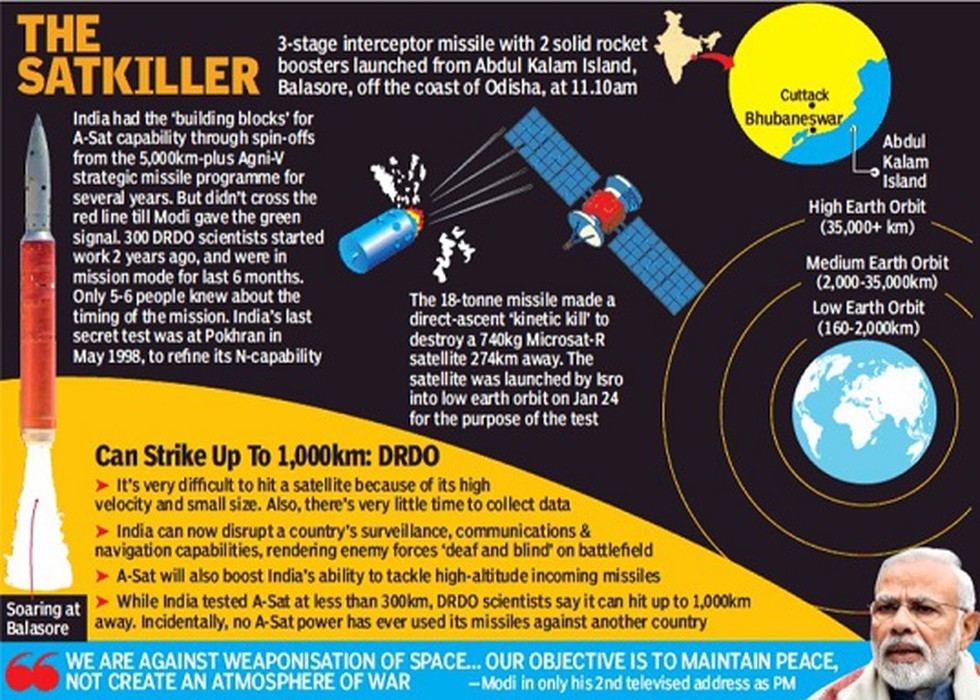
About:
- A DRDO-developed Ballistic Missile Defence (BMD) Interceptor Missile successfully engaged an Indian orbiting target satellite in Low Earth Orbit (LEO) in a ‘Hit to Kill’ mode.
- The interceptor missile was a three-stage missile with two solid rocket boosters.
- Significance of Mission Shakti:
- The test has demonstrated the Nation’s capability to defend its assets in outer space.
- India is only the 4th country after the US, Russia and China to acquire such a specialised & modern capability.
- Entire effort is indigenous.
- The test has demonstrated the Nation’s capability to defend its assets in outer space.
Type of orbits?
- Geostationary orbit (GEO): A geostationary orbit circles the Earth above the equator from west to east at a height of 36 000 km. As it follows the Earth’s rotation satellites in a GEO orbit appear to be ‘stationary’ over a fixed position.
- Geostationary transfer orbit: This is an elliptical Earth orbit used to transfer a spacecraft from a low altitude orbit or flight trajectory to geostationary orbit.
- Low Earth orbit (LEO): A low Earth orbit is normally at an altitude of less than 1000 km and could be as low as 160 km above the Earth. these orbits are used for remote sensing, military purposes and for human spaceflight. The International Space Station is in low Earth orbit.
- Medium low earth orbit: This orbit takes place at an altitude of around 1000 km and is particularly suited for constellations of satellites mainly used for telecommunications.
- Polar Orbits: Polar orbits pass over the Earth’s polar regions from north to south. These orbits mainly take place at low altitudes of between 200 to 1000 km. Polar orbits are used for reconnaissance and Earth observation.
- Sun synchronous orbit: These are polar orbits which are synchronous with the Sun. A satellite in this orbit would usually be at an altitude of between 600 to 800 km. Generally these orbits are used for Earth observation, solar study, weather forecasting and reconnaissance.
Prelims Pointers
March 28, 2019
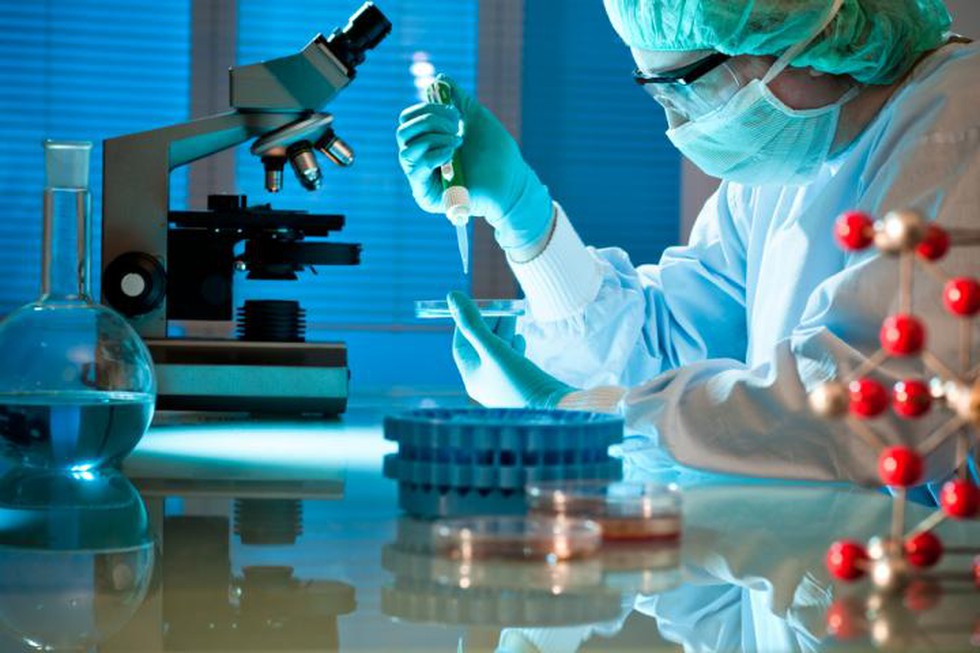
About:
- The Union Cabinet has approved the continuation of the BRCP, and Wellcome Trust (WT) / DBT India Alliance beyond its initial 10-year term to a new five year phase (2019-20 to 2023-24) with Department of Biotechnology (DBT) increasing its commitment to two times that of WT.
- The Programme has fulfilled its objectives of building and nurturing talent of highest global standards in cutting-edge biomedical research in India.
- In the extending phase, the Programme would continue to build this capacity as also strengthen clinical research and work towards addressing important health challenges for India.
Wellcome Trust, UK:
- The Wellcome Trust is an independent charity funding research to improve human and animal health.
- Established in 1936, it is the largest non-governmental source of funds for biomedical research in the United Kingdom.
DBT/Wellcome Trust India Alliance:
- It is a Special Purpose Vehicle (SPV), a public trust registered as the DBT/Wellcome Trust India Alliance.
- The Trust receives equal contribution from both Department of Biotechnology (DBT) under the Ministry of Science and Technology, and the Wellcome Trust, UK for the running the fellowship grant scheme.
- In the past 10 years, the alliance has awarded 320 fellowships to researchers in 93 institutions from India in various areas of biomedical research (human and veterinary).
Prelims Pointers
March 28, 2019
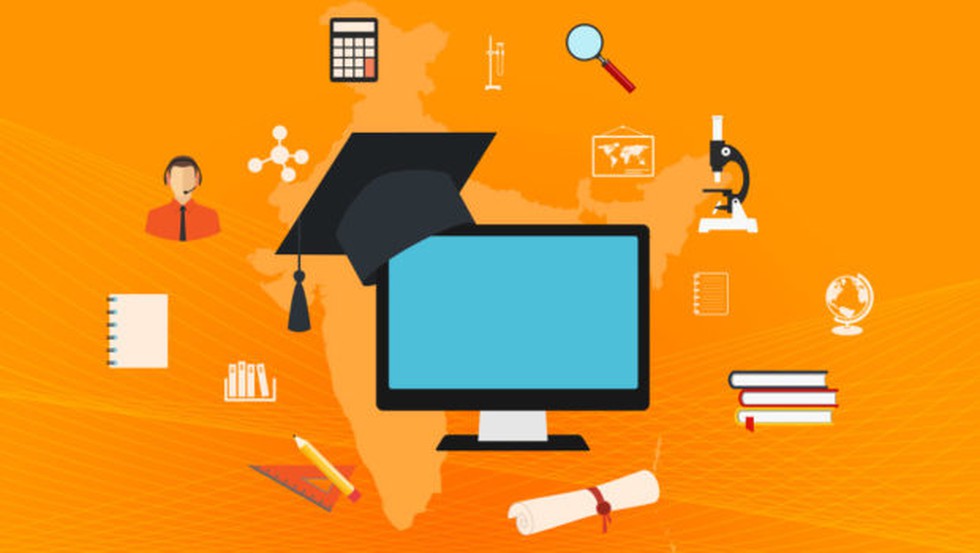
About:
- The decision was taken by the UGC on the ground that a degree programme in agriculture is technical in nature as it requires practicals or laboratory courses. The Union agriculture ministry had referred the matter to the commission.
- As per UGC Open and Distance Learning Regulations, 2017, professional programmes such as medicine, engineering, and architecture, are not permitted to be offered in distance mode.
University Grants Commission (UGC)?
- Status: A statutory body set up by the Government of India in accordance to the UGC Act 1956.
- Established in: 1956.
- Headquarters: New Delhi.
- Mandate:
- Coordination, determination and maintenance of standards of higher education.
- Providing recognition to universities in India, and disbursements of funds to such recognised universities and colleges.

